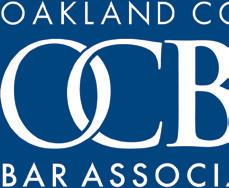















































You’ve spent the first stage of your legal career crafting your skills and becoming a top performer and trusted advisor. You’ve developed a robust book of business and continue to originate more work. Alone or with your team, you’ve delivered impressive results to clients who entrust their matters to you.
You enjoy what you do but not where you do it. You’re happy with the cases you handle but want to venture into new areas. The business clients you represent have needs beyond your firm’s capabilities. You have a vision for the practice you’d like to build, but you know you can’t build it where you are now.
Our law firm boasts a 100-year history, and while we have many stories from our past, we’re focused on the next century and our continuing evolution as the lawyers of choice for our clients.
Unlike larger Michigan firms that have grown for growth’s sake, we remain uncompromisingly independent and committed to the size and culture that make us unique. We’re looking to add first-rate legal talent to our ranks — people who share our values and want to help shape our (and their) future. There’s a particular type of person we’d like to join our firm, individually or as a group. You could play an essential role in our strategic plan if:
• You’re an intrapreneur with a clear vision for the team you want to build and lead within an existing organization.
• You relish the challenge of taking on new matters and expanding your skill set with firm leadership and colleagues equally committed to your growth and success.
• You’re not necessarily unhappy where you are, but moving to a not-too-big, not-too-small, just-right firm intrigues you.
• A Class A office building with a great location and convenient amenities, current technology and productivity tools, dedicated business development and marketing support, and streamlined operations and administration are necessities, not luxuries.
Deciding to move your practice to a new firm takes multiple discussions and thoughtful consideration by all parties involved. Why not have an initial conversation and get to know us?
If you’re seriously interested in a new opportunity, contact Joseph Walker at 248.505.4082 or joe@maplebayconsulting.com. All inquiries will be strictly confidential.


OAKLAND COUNTY BAR ASSOCIATION
1760 S. Telegraph Road, Suite 100
Bloomfield Hills, Michigan 48302-0181 (248) 334-3400 • FAX (248) 334-7757 www.ocba.org
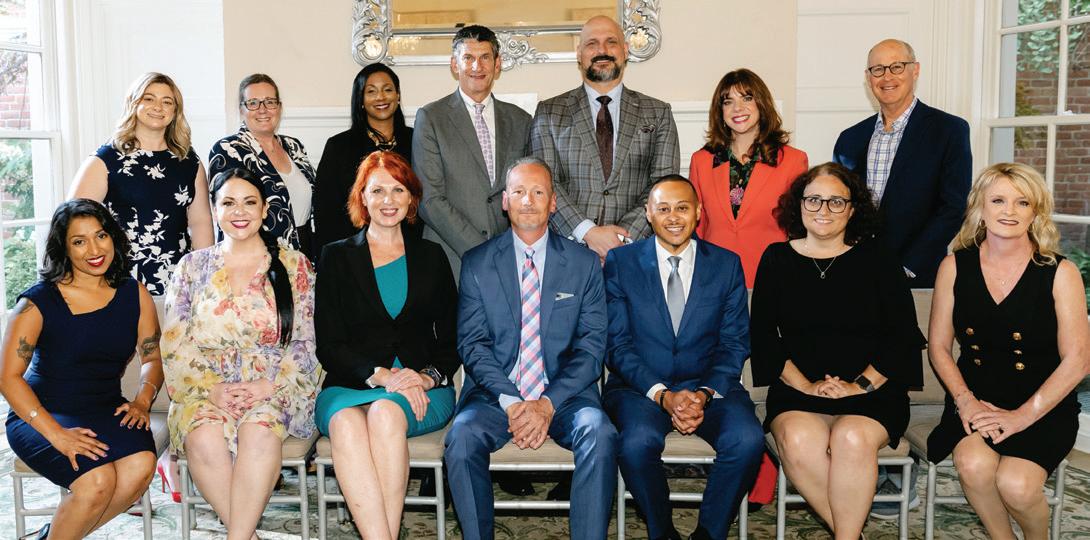
PRESIDENT
Dean M. Googasian PRESIDENT-ELECT
Sarah E. Kuchon
VICE PRESIDENT
Aaron V. Burrell
TREASURER
Kari L. Melkonian
SECRETARY
Victoria B. King
EXECUTIVE DIRECTOR
DIRECTORS
Syeda F. Davidson
Julie L. Kosovec
Emily E. Long
Jennifer L. Lord
Moheeb H. Murray
Kimberley Ann Ward
Kenneth F. Neuman
Layne A. Sakwa
Jonathan B. Frank
Silvia A. Mansoor
Jennifer Quick ABA DELEGATE
LACHES EDITORIAL BOARD
Victoria B. King
Syeda F. Davidson
Coryelle E. Christie
James W. Low
Lanita Carter
Thamara E. Sordo-Vieira
Fahd Haque
THE MISSION OF THE OAKLAND COUNTY BAR ASSOCIATION IS TO SERVE THE PROFESSIONAL NEEDS OF OUR MEMBERS, IMPROVE THE JUSTICE SYSTEM AND ENSURE THE DELIVERY OF QUALITY LEGAL SERVICES TO THE PUBLIC.
Articles and letters that appear in LACHES do not necessarily reflect the official position of the Oakland County Bar Association, and their publication does not constitute an endorsement of views that may be expressed. Readers are invited to address their own comments and opinions to:
LACHES | Oakland County Bar Association 1760 S. Telegraph Rd., Ste. 100 Bloomfield Hills, MI 48302-0181
Publicationandeditingareatthediscretionoftheeditor.
LACHES (ISSN 010765) is the monthly (except July and December) publication of the Oakland County Bar Association, a Michigan nonprofit corporation, 1760 S. Telegraph, Ste. 100, Bloomfield Hills, MI 48302-0181. Copyright © 2024 Oakland County Bar Association. The price of an annual subscription ($20) is included in member dues. Periodical postage paid at Bloomfield Hills, MI 48304 and additional entry offices. Postmaster: Send address changes in writing to Oakland County Bar Association, 1760 S. Telegraph, Ste. 100, Bloomfield Hills, MI 48302-0181.
Clarence Dass: A Role Model for Giving Back
The late attorney’s extraordinary life should inspire everyone in the legal profession to make a positive difference. ByJonathanH.Schwartz 11
Supreme Court Win for Pro Bono Work Has Potential to Impact More Than Just Reasonable Attorneys’ Fees
The court’s decision in Woodman v. MDOC has helped to incentivize pro bono work among lawyers.
ByGabriellaM.D’Agostini,RianDawson,andRobertRiley 14
Matty’s FriendsGiving: How One Family Channeled Their Grief into an Opportunity to Give Back
Mark Peyser shares how his family honors his son’s legacy by helping others with substance use disorders.
EditedbytheLACHES Editorial Board 16
Know Your Judge
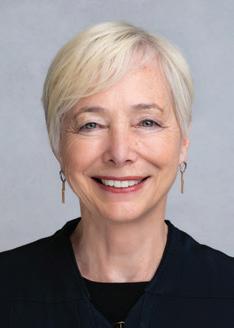
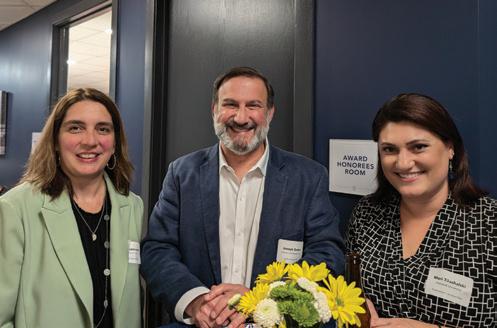
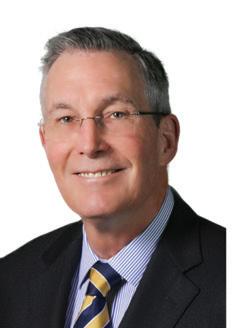
Find valuable information about how to observe motion calls in Oakland County in the postpandemic world. Introduction byVictoriaB.King,LACHES Editorial Board 18 DEPARTMENTS
By Dean M. Googasian

One of this month’s LACHES themes is giving back to the community. Many OCBA members give generously of their time and talents to numerous organizations.
Two lawyers I know who do more than their share are former OCBA Presidents Mike Schloff and Elias Escobedo.
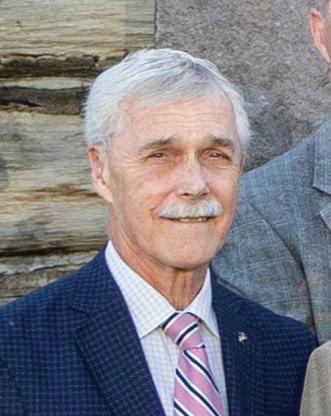
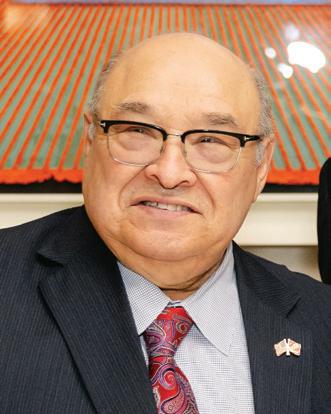
Mike served as OCBA president for the 2008-09 bar year. In 2005, he received the OCBA’s Distinguished Service Award. In 2019, the OCBA awarded Mike the S. Gerald Gorcyca Meritorious Service to Veterans Award.
Elias was OCBA president in the 2000-01 bar year. In 2003, Elias was awarded the Leon Hubbard Community Service Award, and he was the 2023 recipient of the OCBA S. Gerald Gorcyca Meritorious Service to Veterans Award.
Long before they became lawyers or OCBA members or presidents, Mike and Elias both engaged in, in my view, the utmost public service by serving their country.
Mike’s father was a proud combat veteran of the Second World War who served in the Pacific theater. He instilled in Mike the belief that a young man in America owed a debt of service to his country. Fulfilling the sense of duty instilled in him by his father, Mike enlisted in the United States Marine Corps in 1966 and served in the corps until 1977. He served in combat in Vietnam from 1970 to 1971 in the infantry and as an artillery forward observer. He hasn’t stopped serving his community or his profession since.
Elias is the oldest of seven siblings born in Lansing to Mexican American parents. He served from 1966 to 1968 in the United States
Marine Corps, including in combat in Vietnam, where he was wounded and received not one but two Purple Hearts. For Elias, helping veterans is an obligation deeply felt. He views his work for veterans to be the very least he can do to honor and repay a debt to those who made the ultimate sacrifice in service to their country.
Elias and Mike are far too humble to bring any of this up, of course. You kind of have to pry it out of them, as I learned when I recently spoke with them to ask about the public service they do and why.
What types of public service are you involved in?
Mike Schlo : When I was president in 2008 and 2009, I saw a need for formation of a committee to help veterans, and eventually the OCBA board agreed to the creation of the Veterans Law Committee. I have been involved with the Veterans Committee ever since. We held our ninth annual Golf Outing this year to support Vets Returning Home, a local shelter for homeless vets.
I provide pro bono representation of active and former military members in criminal matters through Vets Returning Home and other organizations. I serve as the attorney adviser for veteran treatment courts at two district courts and am assisting a third district get its veteran treatment court up and running.
A couple of years ago, I started working at a food pantry in Pontiac called the Matchan Nutrition Center, which serves the homeless and others in need. On Tuesday and ursday, we open a pantry, like a grocery store, where folks shop for food and clothing and other essentials. We provide some legal services there as well.
Elias Escobedo: Like Mike, I am extensively involved in the OCBA Veterans Law Committee and the work the committee does. I am proud of the support we’ve been able to provide to Vets Returning Home through the Golf Outing and other events.
I often provide legal services in criminal or
civil matters for vets referred to me from Vets Returning Home. I provide services either for free or at a drastically reduced fee. I participate in the Oakland County Circuit Court Combat Veterans Treatment Court.
I also work with the Hispanic community. Being bilingual allows me to provide legal assistance [to], and to effectively communicate with, many who might not otherwise be able to obtain legal help. I often provide pro bono advice on how to handle matters that arise. I am involved in the Oakland County Senior Advisory Council, where we work with seniors to provide assistance and direction to those who might otherwise not receive it.
I am involved in activities at my parish, Our Lady of Refuge Catholic Church in Orchard Lake. I serve as a reader during services and do other volunteer work for the parish and congregation. For me, there is a component to what I do as a person and as a lawyer that entails a degree of spiritual responsibility. I believe I owe an obligation and the least I can do is to try to pay that back a little bit.
Mike Schlo : I’ve always felt it is important to get involved in the community and do things for others. It’s nice to earn money to support your family, but I believe it is important to carve out time to help people, whether they are military families or indigent people or in your church or in the community.
As lawyers, we have a lot of professional skills that we have developed over years of practice, and we can certainly put those skills to use helping people.
I gain a tremendous amount of personal satisfaction from helping as well. When I come home from a day working at the food bank, I often feel that I’ve gotten more out of that work than the people we’ve served. Our Golf Outing in 2024 generated $32,000 for Vets Returning Home, and I get satisfaction knowing that the institution is better off for the work that our committee has done to raise funds. When you

represent someone pro bono and help solve their problems, you are putting your skills to good use. So my time is well spent, and I gain personal satisfaction from the public service work that I do.
Elias Escobedo: I feel a deep commitment to helping veterans. e work that I do, I do in memory of those who made the ultimate sacrifice. I view it as the least I can do to assist my brothers-in-arms here locally who need help.
Over the years, I have always felt that it is critical for those in our profession, as lawyers and as citizens, to get involved in the community. Early on, I was involved with Focus: HOPE. We would package food for the less fortunate around the holidays. I would take my children, and later my grandchildren, to help. ey enjoyed it. ere is a dynamic that goes on when children see their parents and grandparents doing good in the community. I believe it rubs off on them and they are more likely to do community work themselves and to understand the satisfaction that comes from doing for others.
Any advice for newer attorneys on the bene ts of public service?
Mike Schlo : Public service can be very personally rewarding. I believe there are emotional and psychological benefits to getting involved and helping, especially helping those who might not get help otherwise. You can make a direct difference and help change the trajectory of a person’s life for the better.
I would tell newer attorneys that public service can definitely help their law practice. When I have the opportunity to speak at law schools and to groups of newer lawyers, I encourage them to get involved in some capacity. I tell them I believe in serendipity. You never
know if the next person you encounter may have an influence on your career.
If you network a little bit, and the OCBA is a perfect vehicle for that, you can expand your professional connections. I was fortunate as a newer lawyer that my partners Dick Condit and Alex McGarry were very involved in the OCBA and encouraged me to join. I took their advice and got involved, and I believe it has helped my career. I encourage newer lawyers to get involved in the OCBA, join a committee or two, and attend events. You’ll meet other lawyers and judges and become known to other people, and there will be a benefit to you and your career.
Elias Escobedo: I firmly believe that it is critical for us as lawyers to reach out to the community to volunteer in areas where we can be of assistance.
Getting involved in the community and in organizations within that community, including the OCBA, is one of the best ways to get out there and get known. What I discovered when I started my career, especially as a new lawyer in a solo practice, was [that as] I was participating in organizations and volunteering in the community, I started to network with other individuals I came across. ey knew I was a lawyer, and I began to get referrals.
If we, as lawyers, have a gift or talent we can share with the community, whether as lawyers working in our profession or in the broader community, we should do so.
ere are lots of examples out there of OCBA lawyers who do good work for their community as lawyers and as citizens. ese are two of the best examples.

Dean M. Googasian is the president of the Oakland County Bar Association.

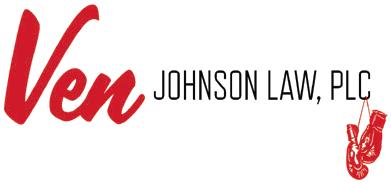

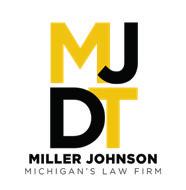









By Heather M. Herbert

In the legal profession, the theme of giving back to the community resonates deeply.
One of the most impactful ways attorneys can contribute is by volunteering for legal aid. is column explores the vital role of pro bono work, the ethical obligations that guide it, and how we can all make a meaningful difference by ensuring access to justice for everyone.
As attorneys, we have an ethical obligation to provide pro bono services, a responsibility enshrined in the American Bar Association Model Rule 6.1: Voluntary Pro Bono Publico Service. is rule emphasizes that every lawyer has a professional duty to offer legal services to those unable to pay, encouraging attorneys to aspire to render at least 50 hours of pro bono work each year. ese services should primarily benefit individuals of limited means or organizations that serve them. Additionally, attorneys are encouraged to financially support legal service organizations, further extending their impact on the community.
Further, Michigan has adopted a rule that specifically provides for an attorney’s ethical obligation to deliver pro bono services in the Michigan Rules of Professional Conduct 6.1, which reads as follows:
Rule 6.1. Pro Bono Publico Service. A lawyer should render public interest legal service. A lawyer may discharge this responsibility by providing professional services at no fee or a reduced fee to persons of limited means, or to public service or charitable groups or organizations. A lawyer may also discharge this responsibility by service in activities for improving the law, the legal system, or the legal profession, and by financial support for organizations that provide legal services to persons of limited means.
Although pro bono services in Michigan are completely voluntary, without everyone doing their part in fulfilling their pro bono services obligation, we will never be able to bridge the gap in legal service. When an attorney is looking to fulfill their ethical obligation, they
should make sure the type of work they are considering doing falls under the meaning as provided in the rules. First and foremost, the services need to be provided without fee or expectation of fee.1 e intent of the attorney is very important. Services rendered cannot be considered pro bono if an anticipated fee is uncollected. However, if there is a statutory award of lawyers’ fees in a case originally accepted as pro bono, that would not disqualify the work as pro bono. Next, in Michigan, pro bono service is defined as legal services as opposed to community service.2 ese services would need to be conducted for free or at a reduced fee of 50% or less of the current market value for similar services. Lastly, in Michigan, a client is not eligible for pro bono under the ethics rules if their incomes exceed 200% of the federal poverty guides. You can view the current 2024 federal poverty guidelines at this website: michbar.org/ le/programs/atj/pdfs/ povertyguidelines.pdf
In Michigan, there is a striking disparity between the availability of legal aid and the needs of those individuals and communities who require it. According to the Michigan State Bar Foundation, there is approximately one legal aid attorney for every 6,833 lowincome individuals,3 while the general population has about one private bar attorney for every 540 individuals.4 is disparity highlights a critical issue: ousands of people with pressing legal needs are turned away daily due to a lack of resources. e numbers are daunting.
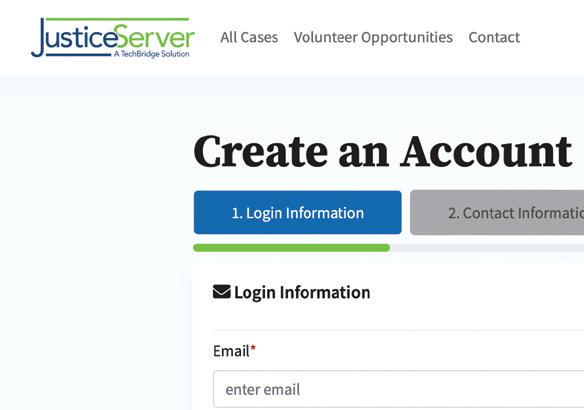
From 2000 to 2015, the number of individuals qualifying for free legal aid in Michigan increased by nearly 44%, reaching almost 2 million people. Despite the dedication of legal aid organizations, their staff alone cannot meet the soaring demand. is is where pro bono attorneys play an indispensable role. Volunteering for legal aid not only helps bridge this gap but also aligns with the core values of community service inherent in the legal profession. With over 42,000 active members in the State Bar of Michigan, imagine the profound impact if each attorney took on just one pro bono case each year. By giving their time and expertise, attorneys can dramatically expand the reach of legal aid services, ensuring that more individuals and underserved communities receive the justice they deserve.
e ripple effect of a pro bono attorney’s impact on a community is immeasurable. For example, in 2023, Lakeshore Legal Aid, with the help of volunteer attorneys, hosted 10 expungement clinics throughout the tri-county area. ese volunteer attorneys assisted 229 clients with their expungements, positively affecting 787 household members. Expungements create positive change for clients and their families, and the stability that comes from increased opportunities fosters prosperity and well-being for the entire family. is cascading impact ultimately builds stronger, more resilient communities.
Volunteering for legal aid offers attorneys a meaningful way to give back to their com-
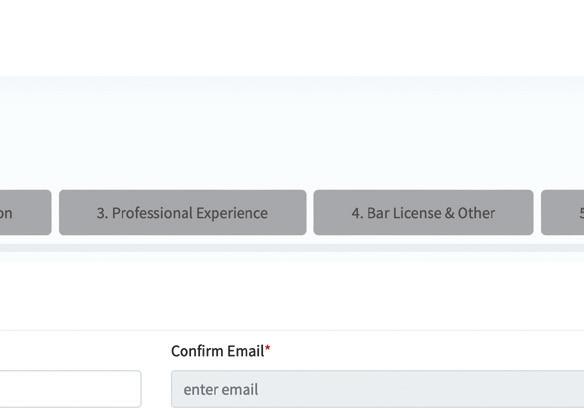
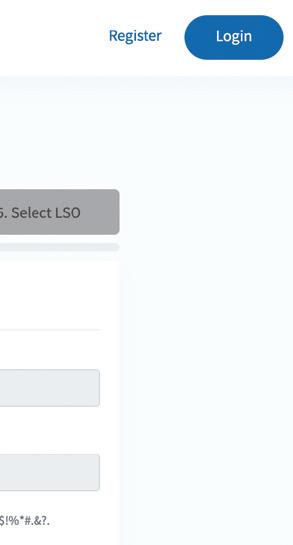
munities by providing essential legal services to those who cannot afford them. Legal aid organizations are constantly seeking volunteer attorneys to assist with a variety of case types, including expungements, family law, estate planning, and probate. To streamline the process, Lakeshore Legal Aid implemented a pro bono portal in June 2023 — an online platform that connects attorneys with cases that match their expertise and interests. is portal makes it easier than ever for attorneys to find opportunities that fit their schedules and skills, ensuring that more clients receive the help they need. By leveraging the pro bono portal, attorneys can quickly sign up for cases, access necessary resources, and efficiently manage their volunteer work. is tool not only simplifies the process but also enhances the impact of pro bono work, helping to bridge the gap in legal services and ensure that justice is accessible to all. Volunteering through the pro bono portal allows attorneys to make a difference with ease, bringing their skills to those who need them most.
For more information on volunteer opportunities, you can sign up and create an account on the pro bono portal via this link: justiceserver.org/JusticeServer/Home/Registration Additionally, you can visit Lakeshore’s website at lakeshorelegalaid.org/pro-bono-legal-services Lastly, you can always reach out directly to me, Heather M. Herbert, pro bono director, at hherbert@lakeshorelegalaid.org or by phone at 248-530-9330, ext. 1705.
In conclusion, the call to give back to the community through pro bono work is not merely an ethical obligation but also a powerful opportunity to make a lasting impact on your community. By volunteering our time and expertise, we can help ensure that justice is not a privilege for the few but a right for all.

Heather M. Herbert is the pro bono director at Lakeshore Legal Aid. She has been a dedicated member of the OCBA Providing Access to Legal Services (PALS) Committee since 2017, serving as vice chair in 2020 and 2024 and chair in 2021. Herbert is passionate about bridging the gap in legal services and is committed to continuing this vital work at Lakeshore.
Footnotes:
1. americanbar.org/groups/probono_public_service/ policy/aba_model_rule_6_1
2. michbar.org/alawyerhelps/probonoservmi
3. “Poor persons” is defined as a person or family with income at or below 125% of federal poverty guidelines.
4. Documenting the Justice Gap in Michigan Update, Spring 2012 (Update: Spring 2017), prepared by the State Bar of Michigan in collaboration with Michigan’s Legal Services Corporation-funded partners, michbar. org/file/programs/atj/pdfs/justicegap.pdf
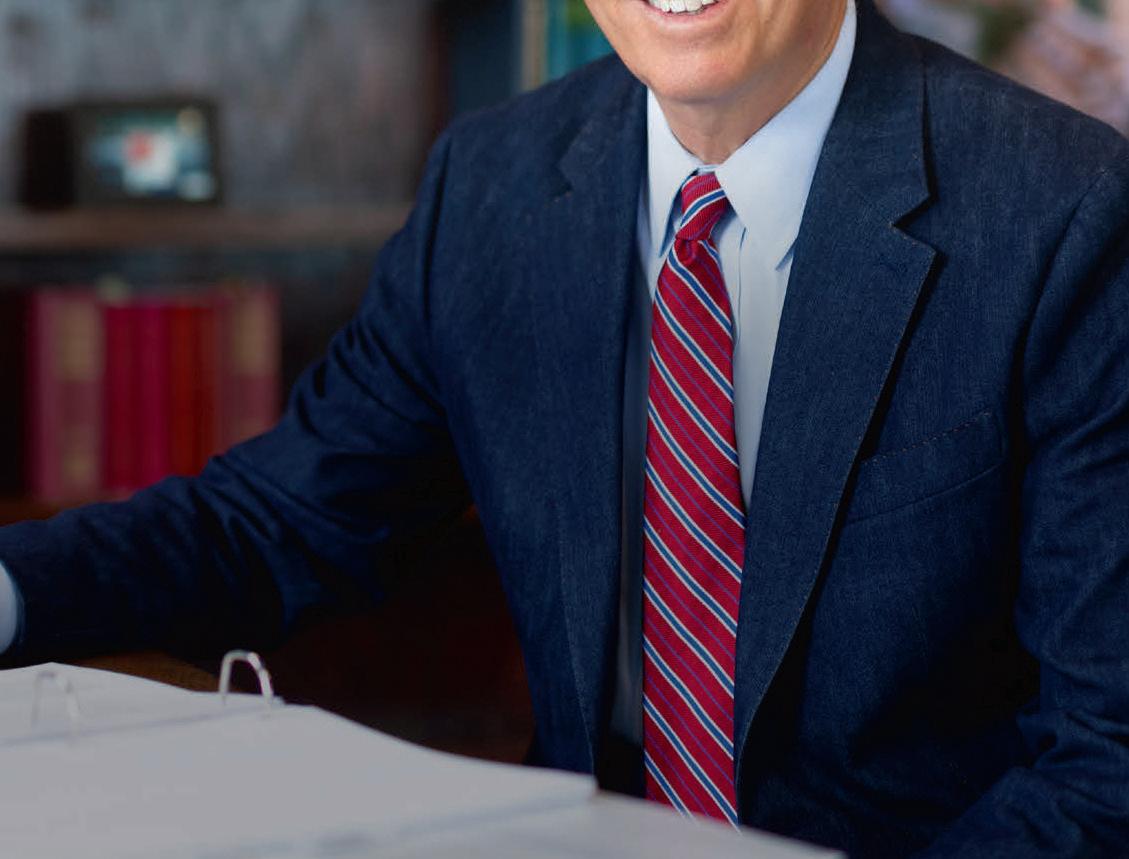

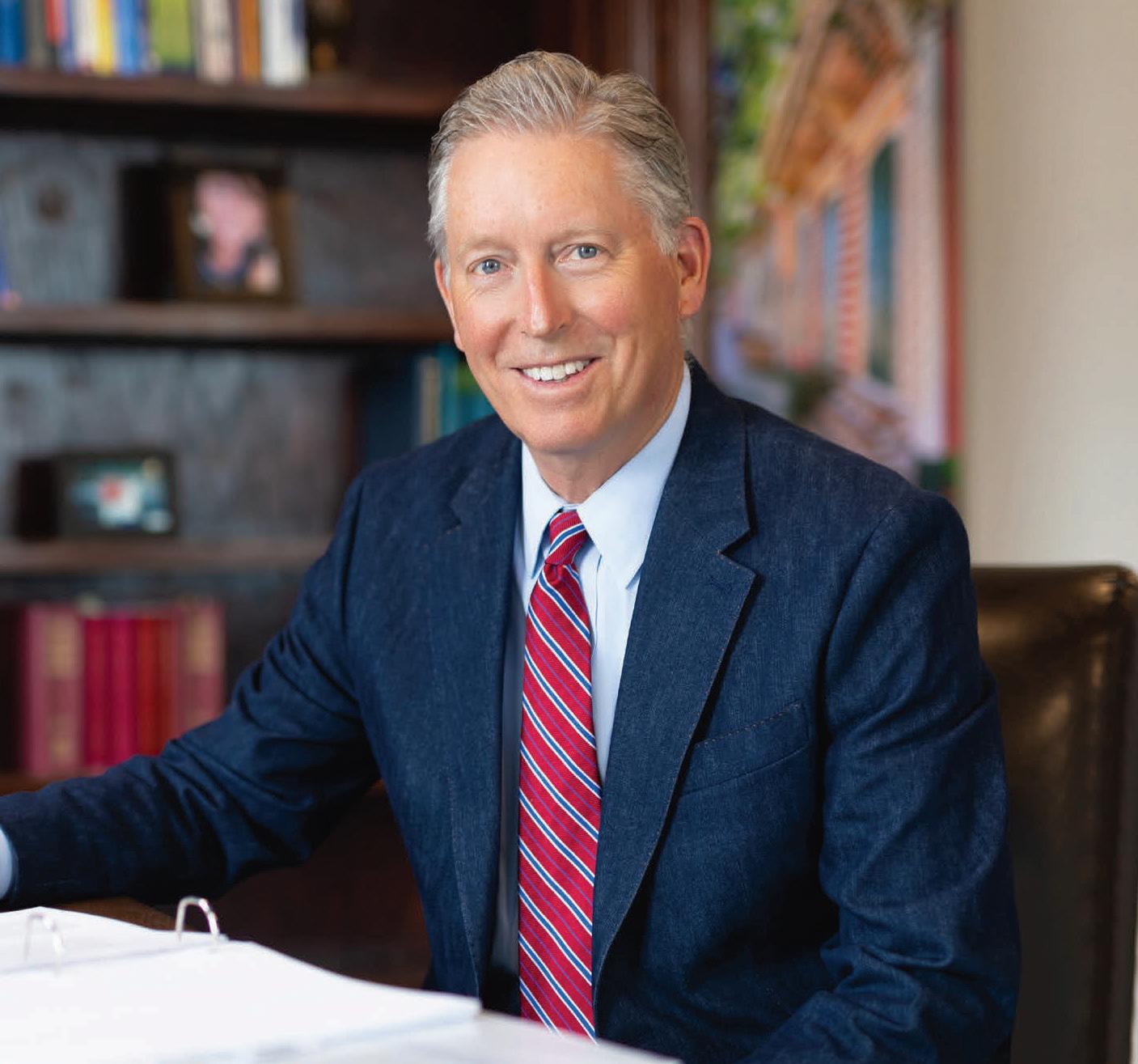
Judge Switalski’s 30+ years of judicial experience allows him to unlock solutions for some of the toughest legal cases mediated in Metro Detroit.
ADR with Judge Switalski places skill, empathy, knowledge of the courtroom and integrity at the center of your case.







Please Note: Dates listed below were sent to the publisher on September 3, 2024. It is possible that some of the events listed below have since been altered. Please check ocba.org/events for the most up-to-date schedule of events.
Join us as we merge the New Lawyers Committee’s annual Novemberfest with our quarterly Bar Night Out membership mixer. Enjoy a festive atmosphere, appetizers, and a cash bar as you mix and mingle with fellow OCBA members. For more details and to register, visit ocba.org/novemberfest!
This one-day event educates high school juniors and seniors about career options in the legal profession and the general legal process, provides tools for better decision-making, and discusses a variety of legal issues as they pertain to the students. By tailoring this program to the interests and issues of a teen audience, the OCBA and its volunteer attorneys deliver an engaging program that is a hit with students and teachers alike. To learn more, visit ocba.org/events

Our bench/bar brown-bag luncheon series continues virtually via Zoom and will feature newly appointed judges Hon. Adrienne N. Young and Hon. Randy J. Wallace from the Michigan Court of Appeals Second District. They will share best practices, preferred protocols, and valuable tips for attorneys who don’t regularly engage in appellate practice. Bring your questions and join us for an informal discussion on legal topics and practice issues. Space is limited, so register today at ocba.org/events


Don’t miss the OCBA’s premier event of the season, the Holiday Gala, held at the beautiful Townsend Hotel in downtown Birmingham. Enjoy sumptuous tenderloin, a top-shelf bar, and a delectable array of desserts. The festivities begin at 6 p.m. Register now and get the early-bird rate through November 4 at ocba.org/gala
Join us from 5:30 to 7:30 p.m. for our first membership mixer of 2025! Mix and mingle with fellow bar members while enjoying appetizers and a cash bar. Space is limited, so register today at ocba.org/events
This exclusive, invitation-only event for Oakland County Bar Foundation Fellows provides a festive setting in which to come together in support of the OCBF and celebrate these dedicated individuals. Enjoy delicious food and drinks and the camaraderie of friends and colleagues. OCBF Fellows can register now at ocba. org/events. To learn more about the Fellows Program or to become a Fellow, visit ocba.org/fellows
Sam Morgan & Greg Jones have a team of Employment Lawyers with decades of experience providing advice, counsel and representation to Employees and Employers in a wide variety of occupations, for:
• Wrongful discharge cases, including breach of employment contract, discrimination, harassment and retaliation
• Non-payment of compensation disputes, including commission, bonus and incentive compensation arrangements, and FLSA violations
• Enforcement of equity award agreements and minority shareholder rights
• Defending against mobility-killing non-compete and non-solicitation contracts
• Separation agreement reviews and severance negotiations
• Drafting employment contracts
• HR counseling, defending against government investigations





Our team includes Senior Associate, Barbara Urlaub, and Of counsel attorneys, David Kotzian*, Donald Gasiorek *, Raymond Carey *, and Paul Hines *2024 Michigan Super Lawyers Honorees
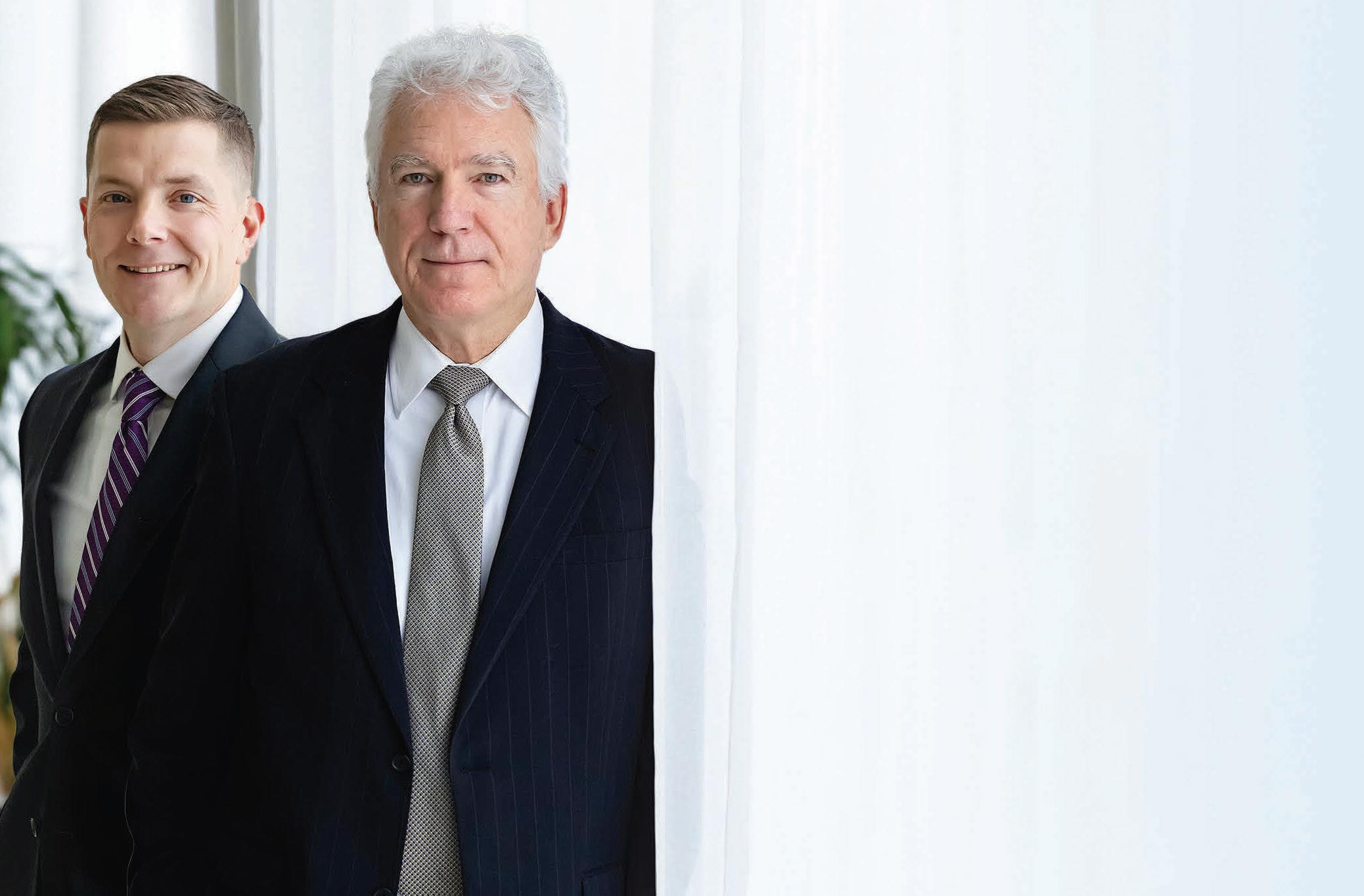
17 Update on the State of Criminal Law 2024 — Part Two (11:30 a.m. – 1 p.m.)
A seminar for criminal defense appointed counsel
Presenter: Alona Sharon, Esq., Alona Sharon, P.C.
This Zoom seminar will provide an overview of the most recent published Michigan Court of Appeals cases with a focus on sentencing decisions. Join us for an in-depth discussion of hot topics, emerging issues, and practice pointers in criminal law.
Worth 1.5 hours of criminal and juvenile training credit for appointed counsel
21 Co-Defendants and Objections During Trials (5:30 – 7:30 p.m.)
A seminar for criminal and juvenile defense appointed counsel
Presenters: Paulette M. Loftin, Esq., Chief Public Defender, and Lindsay Abramson, Esq., Deputy Chief Public Defender, Oakland County Public Defender’s Office
This Zoom seminar will highlight policies and trial objections during co-defendant trials. There will be an overview of successful cases and a review of issues that may arise. Join us for this exciting and interactive seminar.
Worth 2 hours of criminal and juvenile training credit for appointed counsel
18 Preliminary Exams (5:30 – 7:30 p.m.)
A seminar for criminal defense appointed counsel
Presenters: Cecilia Quirindongo-Baunsoe, Esq., and Melissa Krauskopf, Esq., K and Q Law PLLC
This Zoom seminar will review preliminary exams. Learn tips and tricks from two experts. A Q&A session will follow the presentation.
Worth 2 hours of criminal training credit for appointed counsel
Time is running out! Attorneys on any Oakland County criminal appointed counsel list must complete 12 hours of continuing legal education classes by December 31, 2024, for the 2024 calendar year. The OCBA has an extensive on-demand video library of seminars you can view to fulfill your required training on time. MIDC training through the OCBA is free for attorneys on all Oakland County court appointment lists. View our library at ocba.org/ondemand.
Learn more and register at ocba.org/events


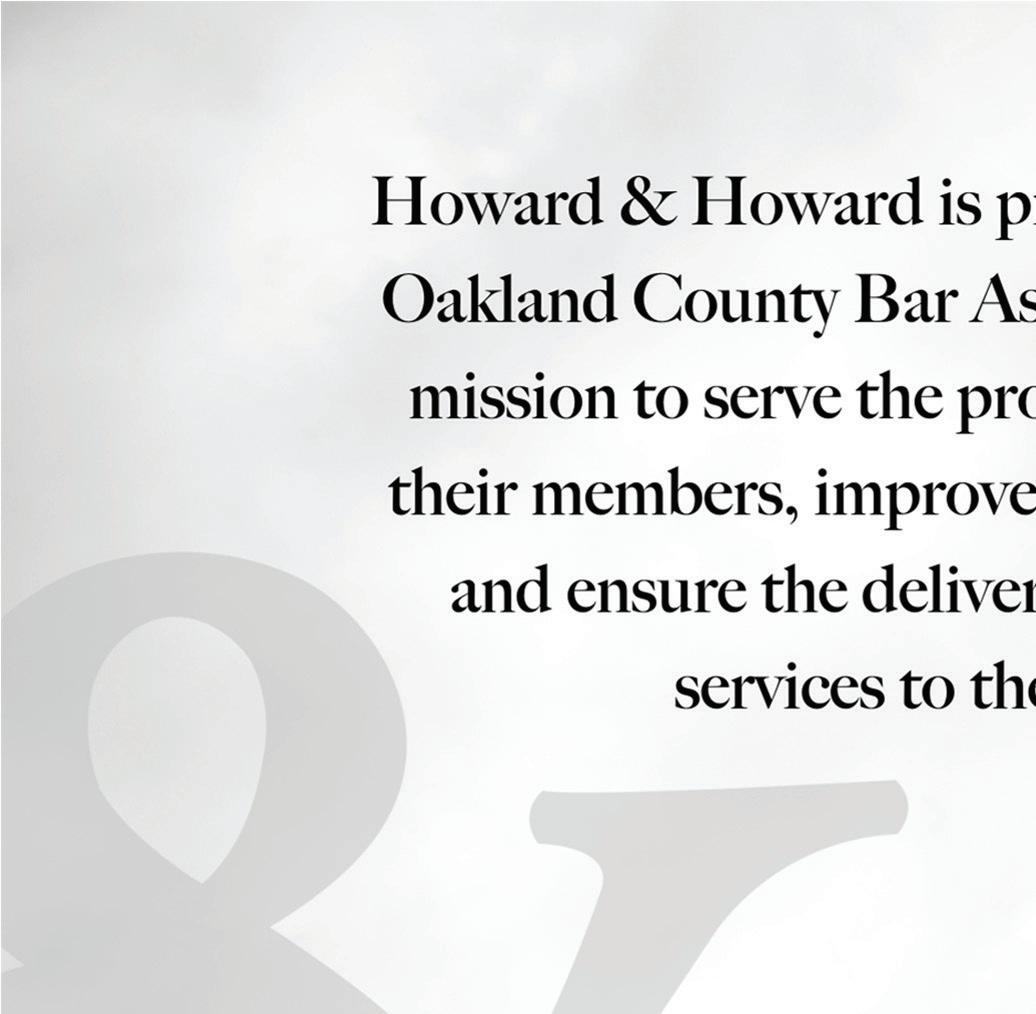
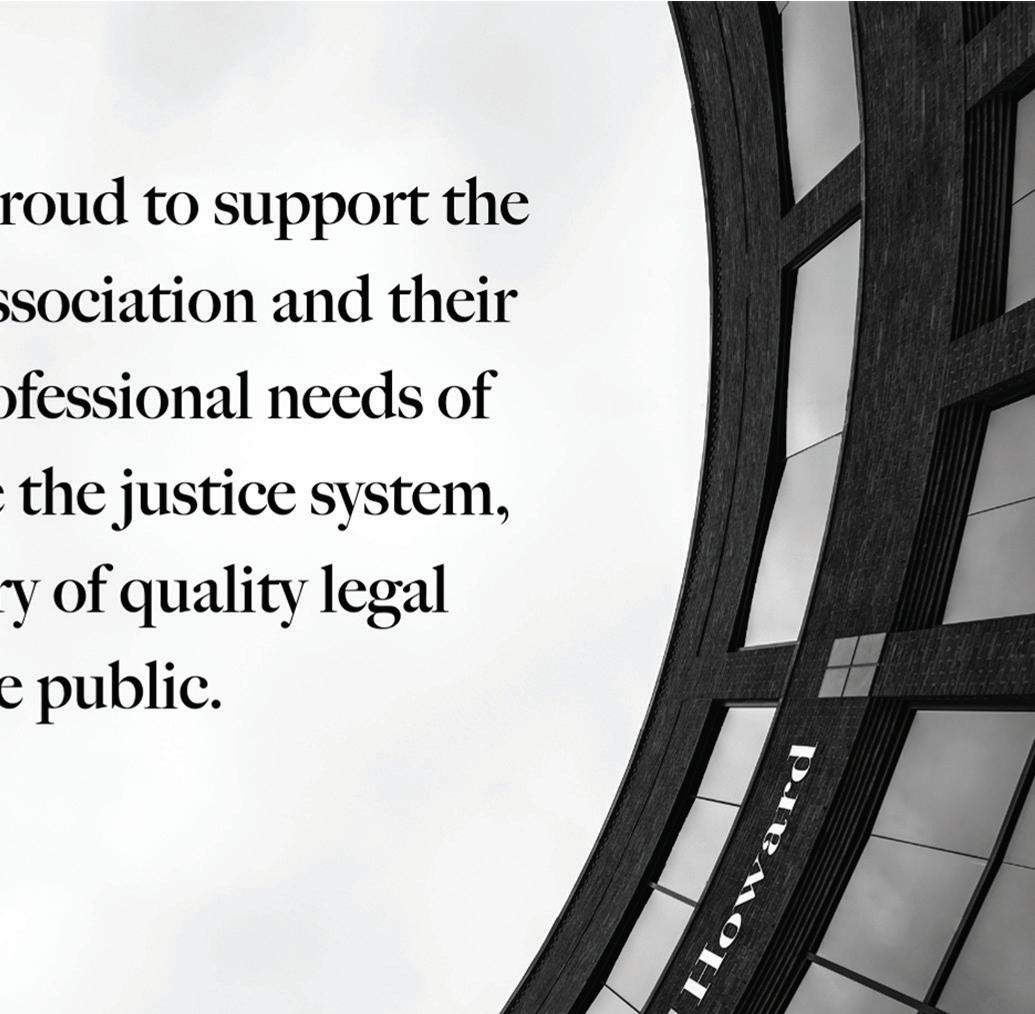

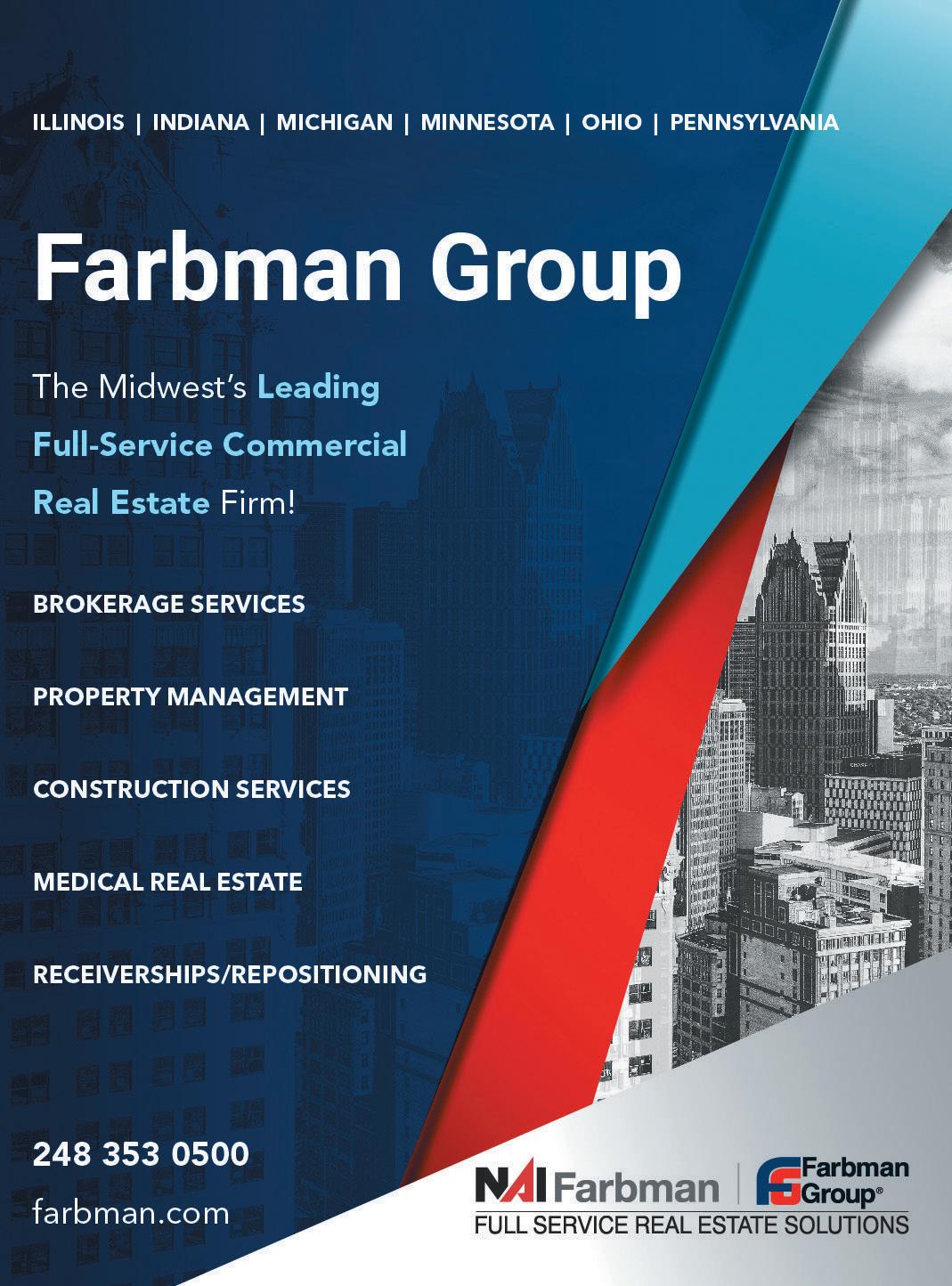



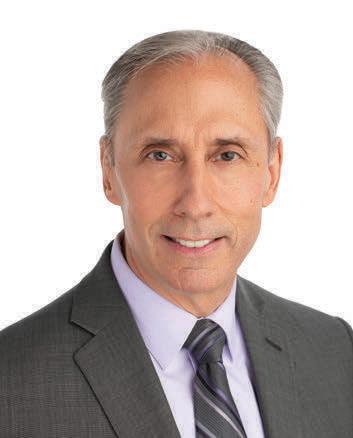





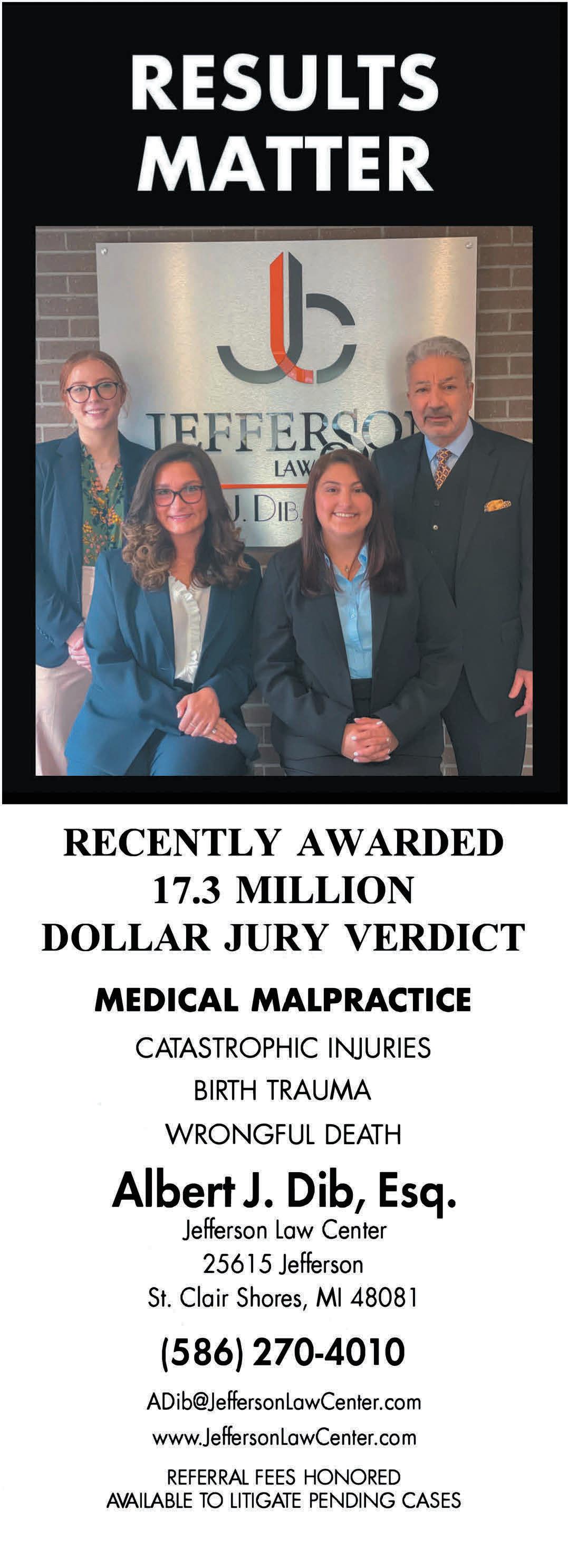






Wachler & Associates represents healthcare providers, suppliers, and other entities and individuals in Michigan and nationwide in all areas of health law including, but not limited to:
•Healthcare Corporate and Transactional Matters, including Contracts, Corporate For mation, Mergers, Sales/Acquisitions, and Joint Ventures
•Healthcare Corporate and Transactional Matters, including Contracts, Corporate For mation, Mergers, Sales/Acquisitions, and Joint Ventures
•Medicare, Medicaid, and Other Third-Party Payor Audits and Claim Denials
•Medicare, Medicaid, and Other Third-Party Payor Audits and Claim Denials
•Licensure, Staff Privilege, and Credentialing Matters
•Provider Contracts
•Licensure, Staff Privilege, and Credentialing Matters
S
•Billing and Reimbursement Issues
•Provider Contracts
•Billing and Reimbursement Issues
•Stark Law, Anti-Kickback Statute (AKS), and Fraud & Abuse Law Compliance
•Physician and Physician Group Issues
•Stark Law, Anti-Kickback Statute (AKS), and Fraud & Abuse Law Compliance
• Regulatory Compliance
•Physician and Physician Group Issues
•Corporate Practice of Medicine Issues
• Regulatory Compliance
•Provider Participation/Ter mination Matters
•Corporate Practice of Medicine Issues
•Provider Participation/Ter mination Matters
• Healthcare Litigation
• Healthcare Investigations
• Healthcare Litigation
•Civil and Criminal Healthcare Fraud
• Healthcare Investigations
•Civil and Criminal Healthcare Fraud
•Medicare and Medicaid Suspensions, Revocations, and Exclusions
•Medicare and Medicaid Suspensions, Revocations, and Exclusions
•HIPAA, HITECH, 42 CFR Part 2, and Other Privacy Law Compliance
•HIPAA, HITECH, 42 CFR Part 2, and Other Privacy Law Compliance
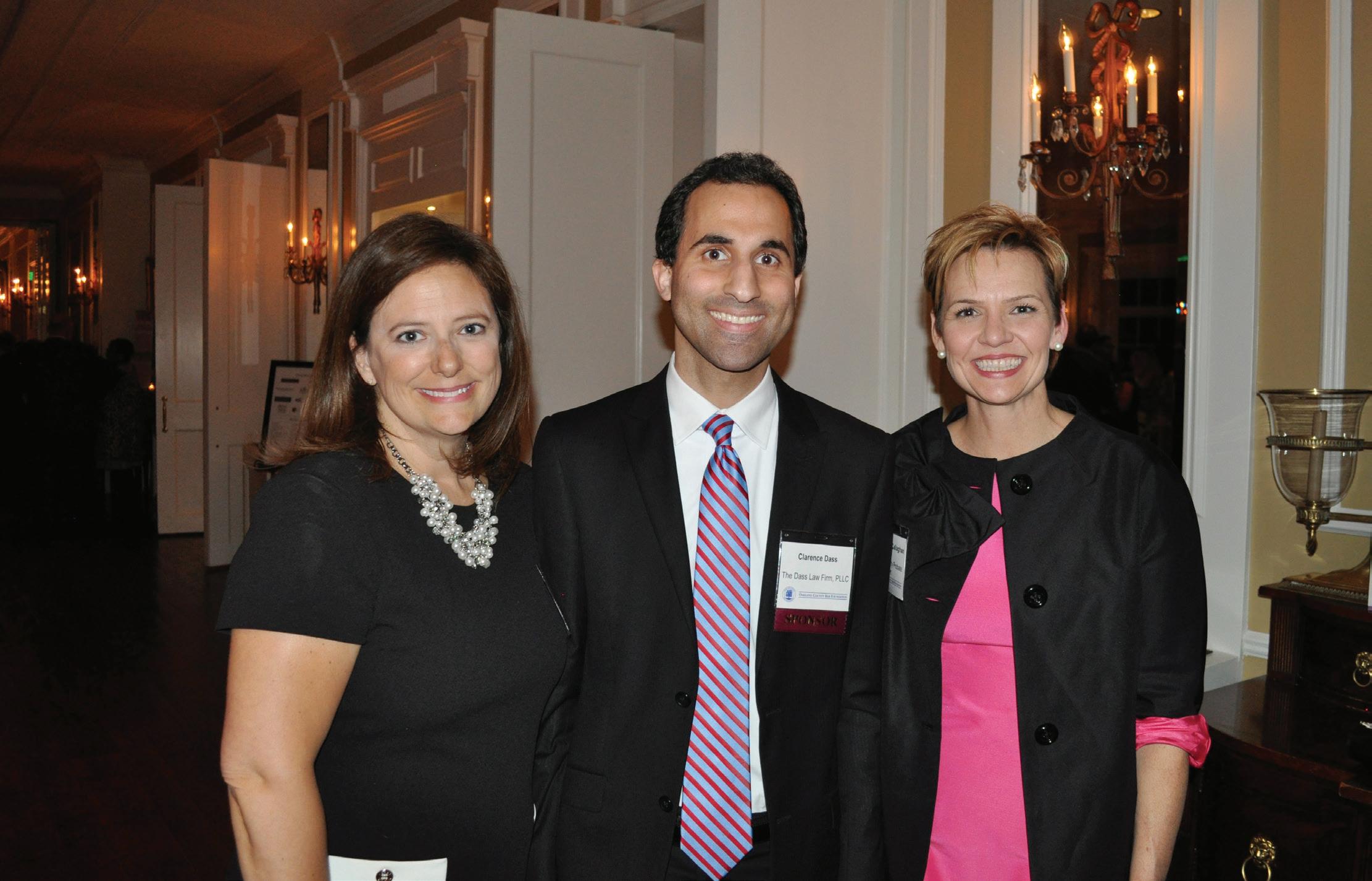
By Jonathan H. Schwartz
THE RED MASS AND THE LEGACY OF CLARENCE DASS
On April 10, 2024, I sat in the pews of Saints Peter and Paul Jesuit Church for the Raze Smoqa (“Red Mass”), a hybrid legal and spiritual program presented by the Chaldean American Law Student Association at the University of Detroit Mercy School of Law. The Red Mass, first celebrated at U of D Law back on September 7, 1877, offers judges, lawyers, and legal professionals a unique space for spiritual reflection and the opportunity for renewed commitment to the ethical practice of law through the recitation of the Renewal of the Lawyer’s Oath of Commitment.
During this special ceremony, Clarence Dass, a much-loved attorney, public servant, and friend to many in the Oakland County Bar Association, was posthumously awarded a Lifetime Achievement Award, and a continuing memorial award and law student scholarship was named in his honor. Clarence’s wife, Dr. Renee Dhar Dass, and their twin toddlers graciously accepted on his behalf, with many family members, friends, and legal community members in attendance. As speakers shared fond memories of Clarence and his good works, it was clear that Clarence’s life made a difference for so many.
When Judge Diane Dickow D’Agostini of the 48th District Court and the Hon. Yasmine I. Poles of the Oakland County Circuit Court led the audience in the Renewal of the Lawyer’s Oath of Commitment and the Law Student Oath of Commitment, I thought about how Clarence was always true to and exemplified the promises and responsibilities set forth in these oaths:
- “I will abstain from all offensive personality, and advance no fact prejudicial to the honor or reputation of a party or witness, unless required by the justice of the cause with which I am charged.”
- “I will never reject, from any consideration personal to myself, the cause of the defenseless or oppressed.”
- “I will in all other respects conduct myself personally and professionally in conformity with the high standards of conduct imposed upon members of the bar as conditions for the privilege to practice law in this State.”
- “I will strive for justice within the legal system.”
- “I will champion the principle of equal access to justice and recognize my obligation to serve those in need.”
After raising my hand in the air and reaffirming the Lawyer’s Oath, and in the presence of so many soon-to-be lawyers recognizing their commitment to the practice of law, I also promised that I would do everything possible to share Clarence Dass’s extraordinary example with others. Clarence Dass embodied everything a lawyer should be. Fortunately, Clarence left a trail to follow for others who are seeking to give back and live an extraordinary life of service.
Clarence was well known by many as a wonderful person, an accomplished attorney who fought for important causes, and a dedicated volunteer and leader. During his jam-packed yet relatively short legal career, Clarence was recognized as
one of the “Elite 40 Under 40” by the Oakland County Executive’s Office, a “Leader of Leaders” by Leadership Oakland, and a Frances R. Avadenka Memorial Award recipient by the Oakland County Bar Association, among many other noteworthy awards. In person, Clarence was always humble and kind. His family described Clarence as “more than his achievements. … He was a friend, a confidant, a man of God, a father of twins, a husband, a son, and a brother.”
I was blessed that Clarence was one of my first friends in the law. Over the years, we had many discussions about the importance of giving back and how best to utilize our limited time and efforts to make a positive difference. Sometimes we worked together, and our conversations always included sharing our various activities, areas of focus, and goals, both inside and outside the law. While we never had any cases against each other, we did have a friendly competition going to increase our effort and involvement in projects we cared about.
The thoughtfulness and structure to Clarence’s formula for helping others always impressed me and assisted me in structuring my own work and volunteer efforts. While two years have passed since Clarence’s remarkable life was cut short by colon cancer, his memory and example continue to serve as an inspiration and road map for how to give back meaningfully and impactfully as a lawyer.
In a profession too often known for conflict and challenging personality types — yes, we all have bad days — Clarence was always quick to initiate a conversation, make a genuine connection, and bring people together. I’ll never forget meeting Clarence when we were both young attorneys at a high-pressure networking event. He immediately put me at ease with his sense of humor, kindness, and genuine interest in my life. I try to pay forward that kindness at every event I go to, knowing the positive impact Clarence’s friendliness had on me so long ago.
Clarence was the consummate lawyerstatesman and was well liked and admired by
allies and opponents. Clarence embodied the late Supreme Court Justice Ruth Bader Ginsburg’s advice to “fight for the things that you care about, but do it in a way that will lead others to join you.” A conversation with Clarence always left you energized and hopeful that positive change was possible, especially with a law degree. I admired and respected Clarence, and he always pushed and encouraged me to be a better attorney and person through his influence and advice.
As my mentor, late Michigan Supreme Court Justice Elizabeth Weaver, would say, Clarence was a “good-finder,” a rare person who sought and brought out the good in others. In our last lunch together, Clarence and I spoke about the importance of collegiality in the profession and ways to cut through the egos and unnecessary friction that have become too common in practice. Even in the most contentious cases, Clarence was adamant that it was a lawyer’s responsibility to rise above petty bickering and unproductive gamesmanship.
This year, Tina T. Toma, co-founder and president of the Chaldean American Law Student Association at the University of Detroit Mercy School of Law, created a wonderful program in Clarence’s memory called “Seeds of Grace,” which encourages lawyers and law students to intentionally extend and record acts of kindness, to be shared at the next Red Mass. Some ideas proposed, which I know Clarence would approve of, include the following:
- Improve the experience of clients, colleagues, and opposing counsel: offer a fee reduction for financial hardships; go the extra mile on a pro bono case; and initiate a settlement discussion.
- In professional interactions, grant a reasonable extension; waive a minor procedural error; and explain a complex legal concept patiently.
- Elevate the profession by speaking in a legal forum; acknowledging court staff and legal assistants; donating time and resources to legal aid; and recommending a deserving law student.

- Empower others by mentoring a young colleague or recommending a deserving law student.
Clarence’s legal career was distinguished by his taking challenging cases where clients needed serious help. Clarence began his work as an assistant prosecuting attorney for the Oakland County Prosecutor’s Office, helping victims of child abuse, elder mistreatment, domestic violence, and murder. In 2017, he founded e Dass Law Firm, specializing in complex family, criminal, and juvenile law matters. While undergoing chemotherapy, Clarence worked round the clock to defend Iraqi immigrants facing deportation, making international headlines. “If I stopped working,” Clarence once said, “my clients — many of whom faced major issues — wouldn’t get the help they needed.”
Clarence was more than just a role model; he became a hero because of his dedication to helping those who needed it the most. During a speech to young leaders in 2017, Clarence explained that “it’s what we do on a daily basis that makes us who we are.” Clarence was always encouraging others to take tough cases, even when it wasn’t financially profitable.
e last time we had lunch together, as we regularly did, we spoke about the importance of taking pro bono cases and helping clients fight the good fight even if it means cutting fees. I reminded him of the venerable Mahatma Gandhi, one of my favorite lawyers who saw the value of compromise and collegiality. Among my favorite of his quotes are these guiding words: “Recall the face of the poorest and weakest man whom you may have seen and ask yourself if the step you contemplate is going to be of any use to him.”
As a first-generation American, Clarence had a special reverence for the American legal system and a unique understanding of where it needs improvement. He spent much of his time giving back to legal organizations, both local and statewide, that help improve the administration of justice.
Clarence regularly volunteered for the Oakland County Bar Association and was always praising the work of attorneys, judges, and staff who dedicate their time to committees, participate in programming such as the Inns of Court, and take leadership roles on the board. Clarence was always encouraging younger attorneys to join the OCBA and believed that it was essential to get plugged in to ways to give back to the profession and meet attorneys with similar values. Clarence also served on the State Bar of
Michigan Representative Assembly and was named an “Unsung Hero” by the State Bar of Michigan in 2019. Many attorneys around the state had the opportunity to learn from Clarence and became inspired by his life. In addition, Clarence was a supporter of many statewide affinity bars, such as the Jewish Bar Association of Michigan, for which I frequently sought his advice during my terms as president. When he died, the state of Michigan honored Clarence’s amazing volunteer work with an official proclamation signed by the governor, citing his impact in Oakland County and across the state of Michigan.
Clarence believed it was his responsibility to use his knowledge and experience to give back beyond the confines of the legal profession. To help demystify the law for the public, Clarence served as a legal expert for WXYZ Channel 7, offering his characteristic good nature and easy-to-understand communication skills to explain the court system, delve into noteworthy court cases and controversies, and help provide easy-to-follow advice, such as when it is acceptable to use fireworks on and around public holidays. Clarence taught students at Rochester College as an adjunct professor and served as the go-to authority for all his friends and family on anything legal.
Many nonprofit organizations relied upon Clarence’s advice and expertise. He was a member of and served as president of Leadership Oakland, where he focused his term on protecting victims of sex trafficking and helping to establish a safe haven for victims. Among the projects we worked on together were various initiatives for Oakland County Circuit Court Judge Michael Warren’s Patriot Week Foundation, a nonpartisan civics education program that educates the public about the “First Principles” (such as the rule of law, equality, and unalienable rights); founders and patriots; and vital documents, speeches, and flags that make America the greatest nation in the world. Clarence willingly gave advice on everything from fundraising to events to finding the right connections for nonprofits and was generous with his time and resources.
at Clarence accomplished so much while courageously dealing with health challenges makes his story even more amazing, but the work he did to raise awareness of the disease, and help others, shows his true character. After his cancer initially went into remission, Clarence took it upon himself to educate the public about
the disease. He spoke at Survivor Day events and conferences, participated in support groups, wrote about his experience, and advocated for others to undergo necessary screenings and treatment. Clarence even served on the advisory board for Gilda’s Club of Metro Detroit, a social and emotional support program for people with cancer. Clarence’s selflessness and willingness to champion important causes are something we all can and should emulate. Since his passing, many of his family members and friends still come together to join “Team Clarence” for the Walk to End Colon Cancer. is year’s event took place on a sunny September morning on the Detroit Riverwalk. As I pushed the stroller with my twin toddlers, born not long after Clarence’s kids, I reflected on Clarence’s life and continuing example.
I’ll never forget the night of Sunday, May 29, 2022, when I learned that Clarence had passed away, just before his twins were born. I thought about what Clarence would do if someone he knew needed help, and I reached out to many of you over late-night email and Facebook Messenger for assistance and ideas. e support and outpouring of love were overwhelming, especially from the Oakland County Bar Association and its members. We were able to collectively raise more than $80,000 through GoFundMe to benefit the Dass family in their time of need. e unity that came from this collective effort showed that so many of you also share Clarence’s values and goodness.
Since his passing, I have heard many stories from attorneys, judges, and law students who loved and respected Clarence. I tell aspiring and young attorneys about one of the finest lawyers and people of the millennial generation, Clarence Dass, and encourage them to do something more with their careers and lives than just focusing on money and personal prestige.
e world is a better place because Clarence Dass was in it. We need more people committed to his ideals of giving back and helping others. May Clarence’s memory continue to be a blessing that inspires and serves as a north star for all lawyers seeking to make a positive difference in the legal profession and beyond.

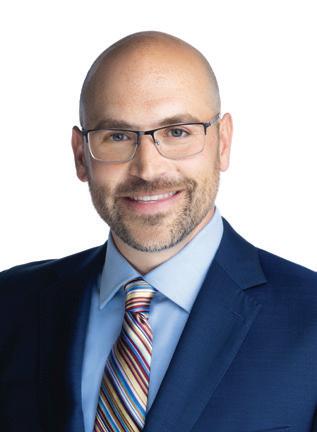
Jonathan H. Schwartz is a business and litigation partner at Taft. He is the co-founder of the Jewish Bar Association of Michigan and is the recipient of the 2021 Leon Hubbard Community Service Award from the Oakland County Bar Association.
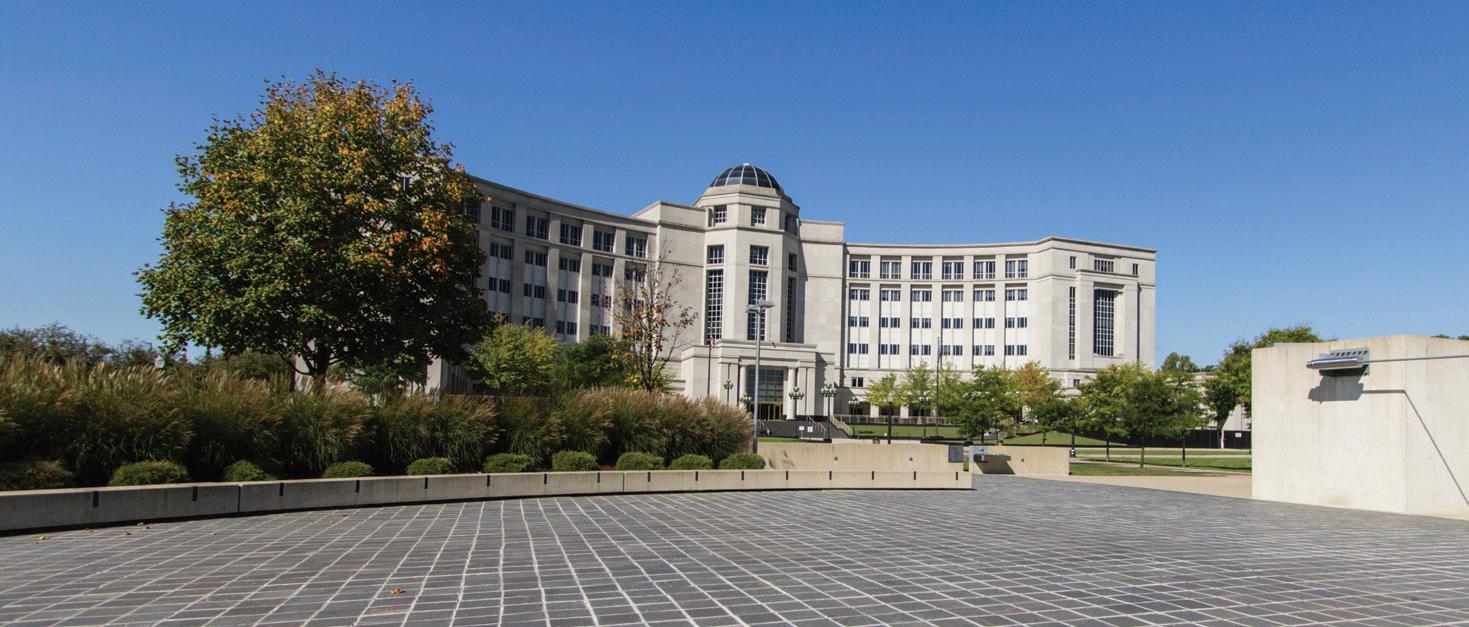
By Gabriella M. D’Agostini, Rian Dawson, and Robert Riley
This story starts with a tragedy. Eight years ago, Dustin Szot died after he was Tasered by prison guards during an altercation with another inmate at the Michigan Department of Corrections’ Bellamy Creek Correctional Facility. Spencer Woodman, an independent journalist reporting on criminal justice issues, took interest in the incident and, two days after the altercation, requested “a digital copy of video footage of the confrontation” that led to Mr. Szot’s death1 under Michigan’s Freedom of Information Act (FOIA). The Michigan Department of Corrections (MDOC) denied his request and refused to produce any of the recordings. After exhausting his administrative remedies, Mr. Woodman sought the assistance of the American Civil Liberties Union (ACLU) of Michigan, and the ACLU in turn recruited Honigman LLP as pro bono cooperating counsel. Another independent journalist, George Joseph, requested the same records months after Mr. Woodman but was stonewalled in the same manner. He, too, turned to the ACLU for help in obtaining the records.
The resulting challenges over the next several years that played out in Michigan’s state courts, and ultimately in the Michigan Supreme Court, led to the full disclosure of the requested footage, the uncovering of the MDOC’s blanket policy of denying requests for recordings without even reviewing responsive records, and the adoption of new law related to FOIA’s fee-shifting statute. The case, and the Michigan Supreme Court’s ruling, also highlights the important role of pro bono work generally and the incentives fee-shifting statutes provide specifically in encouraging private practice attorneys to donate their services to meritorious causes.
After litigating and ultimately obtaining the disclosure of videos of the altercation, Woodman and Joseph moved for their attorneys’ fees and costs under the fee-shifting provision of Michigan’s FOIA statute, which awards attorneys’ fees to FOIA plaintiffs that prevail in actions seeking to compel disclosure of records that a government body has refused to produce. They also moved for punitive damages after uncovering the MDOC’s policy of issuing blanket denials of FOIA requests for video records without so much as reviewing the videos to determine if any part of the record was subject to disclosure. Michigan’s FOIA entitles a FOIA plaintiff to such an award if “the public body has arbitrarily and capriciously violated [FOIA] by refusal or delay in disclosing or providing copies of a public record.”2 After extensive briefing, the Michigan Court of Claims ruled that (i) the MDOC was neither a partially nor fully prevailing party in the case — in other words, Woodman and Joseph won in a landslide — (ii) Honigman’s and the ACLU’s fees were reasonable; and (iii) the hours Honigman and the ACLU worked on the matter were not unreasonable. And while the Court of Claims awarded the ACLU its full fee request, it ruled that Honigman was entitled to only 10% of its fees because its representation of Woodman and Joseph was pro bono.
On appeal, the Court of Appeals ruled that the FOIA plaintiffs prevailed only in part, because the Court of Claims had permitted the MDOC to blur the identities of guards in the disclosed videos. The appellate court also remanded the case to the Court of Claims to determine “whether, in the trial court’s discretion, plaintiffs are entitled to an award of all or an appropriate portion of reasonable attorney fees, costs, and disbursements.”3
Woodman and Joseph applied for leave to appeal to the Michigan Supreme Court, and the Michigan Supreme Court ordered oral
argument on the application to address three questions: “whether: (1) [the FOIA plaintiffs] prevailed in full, and are thus statutorily entitled to attorney fees under MCL 15.240(6); (2) the Court of Claims abused its discretion when it reduced by 90% the attorneys’ fees awarded to the appellants based solely on the pro bono nature of Honigman LLP’s representation, notwithstanding the Court of Claims’ factual findings that Honigman’s hourly rates and the number of hours worked were reasonable; and (3) the Court of Claims clearly erred in denying the [FOIA plaintiffs] punitive damages under MCL 15.240(7).”4 e second question — the reduction of a reasonable fee award because the representation was pro bono — was an issue of first impression in Michigan.
In a landmark ruling, the Michigan Supreme Court held that whether an attorney represents a client pro bono is not a valid consideration under a reasonable attorneys’ fee award analysis because it is not relevant to the reasonableness of a fee award.5 e court also held that Woodman and Joseph prevailed in full because the litigation led to the disclosure of the records they originally sought in their FOIA requests, regardless of whether their complaints sought unredacted videos. e court ultimately declined to address the punitive damages issue.
e State Bar of Michigan has a storied commitment to pro bono work, including a voluntary pro bono standard that provides “all active members of the State Bar of Michigan should participate in the direct delivery of pro bono legal services to the poor … annually” in a number of different ways, such as by providing representation to a minimum of three lowincome individuals, providing at least 30 hours of representation or professional services, or contributing a minimum of $300 to not-forprofit programs.6 And every year, the State Bar publishes a “Pro Bono Honor Roll” honoring members of the State Bar who have met that commitment.7 e ABA Model Rules of Professional Conduct similarly set out that “every lawyer has a professional responsibility to provide legal services to those unable to pay.”8 And private practice firms across Michigan have also incentivized pro bono work9 through the adoption of policies that require an attorney either to perform at least 30 hours of pro bono work or to make a monetary contribution to a specific legal aid organization each year (consistent with the State Bar’s voluntary pro bono standard). Whether a private practice firm takes on
pro bono work is subject to several different considerations. A firm’s pro bono work may be guided by established relationships that the firm has as cooperating counsel with certain legal aid organizations. Or a firm may have specific impact areas that it has identified, such as work related to child advocacy or veterans’ benefits. Or considerations may be as simple as whether the pro bono work provides representation to those who may not otherwise have it. But in any event, a firm’s pro bono work should be, and often is, guided less by the prospect of a potential fee recovery and more by the Lawyer’s Oath and the professional commitment of providing legal services to worthy causes and populations.
Fee-shifting provisions in different types of cases are powerful incentives to enforce certain laws — especially in cases involving government transparency and accountability — but they also encourage pro bono work. As the Michigan Supreme Court recognized in Woodman, fee-shifting statutes play a role in encouraging “pro bono representation in cases that lawyers might not otherwise accept.”10 Indeed, the prospect of fee-shifting opens up the potential for smaller firms and solo practitioners who do not have the same resources as larger firms to donate their time and participate in pro bono work because those attorneys may ultimately receive some compensation for their time. Not only does this increase the accessibility of pro bono work for lawyers who are otherwise willing but cannot take on such representations, but it increases the population of lawyers who can help vindicate rights of those who may not have the skills or knowledge to do so themselves by serving as “private attorneys general.”11
Beyond broadening the base of willing attorneys, fee-shifting provisions also help legal aid organizations. Awards from such cases are often reinvested in legal aid organizations so that they can continue their underlying missions. For example, Honigman donated the attorneys’ fee award it received in the Woodman matter back to the ACLU so the funds could be put toward future matters consistent with the ACLU’s goals.
Regardless of the impact — to the population of potential pro bono counsel, indigent litigants, or legal aid organizations looking to do good — fee-shifting provisions play an important role in encouraging pro bono work. And the Woodman case has made it so that attorneys taking pro bono engagements in Michigan do not have to worry that, if they’re victorious, their
otherwise reasonable fees will be reduced simply because they donated their services to their client.

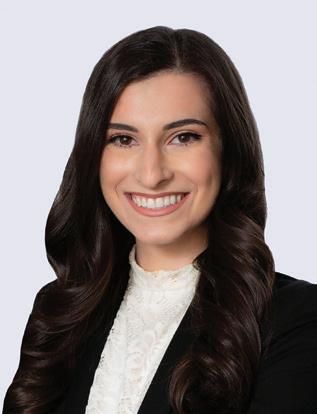
Gabriella M. D’Agostini is an associate at Honigman LLP and focuses her practice on complex commercial litigation matters. She also has previous experience practicing employmentbased immigration law. In addition to the OCBA, she is also an active member of the Chaldean American Chamber of Commerce, the Chaldean American Bar Association, and Inforum Michigan.
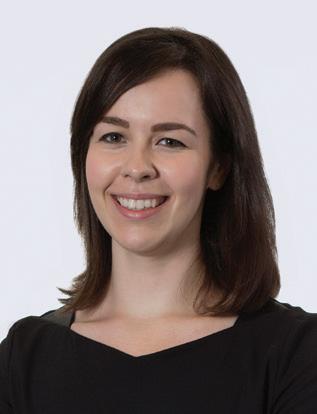
Rian Dawson is a partner at Honigman LLP, where she focuses on complex commercial matters. In her pro bono practice, Dawson has achieved asylum for a Cameroonian political refugee, represented independent journalists, and worked in cooperation with the Legal Services Association of Michigan on issues impacting child welfare.
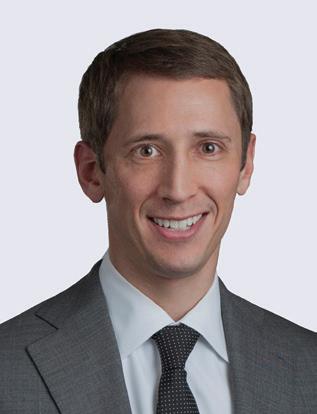
Robert M. Riley is Honigman LLP’s chief value partner and co-chair of its Automotive & Manufacturing and Appellate Advocacy practice groups. He represents international manufacturers, private equity rms, and closely held businesses in complex commercial, shareholder, and appellate disputes.
Footnotes:
1. Woodman v Department of Corrections, 511 Mich 427, 434 n 1 (Mich, 2023).
2. MCL 15.240(7).
3. Woodman v Department of Corrections, Case Nos. 353164 and 353165, 2021 WL 2619705, at *4 (Mich App, June 24, 2021).
4. Woodman v Department of Corrections, 509 Mich 954 (2022).
5. Woodman, 511 Mich at 454.
6. michbar.org/programs/atj/voluntarystds
7. michbar.org/alawyerhelps/probonoservmi
8. American Bar Ass’n, Model Rules of Professional Conduct, § 6.1, cmt 4.
9. See, for example, Honigman LLP’s website, highlighting its commitment to pro bono service: honigman.com/firm-community
10. Woodman, 511 Mich at 458.
11. Woodman, 511 Mich at 450, 459.
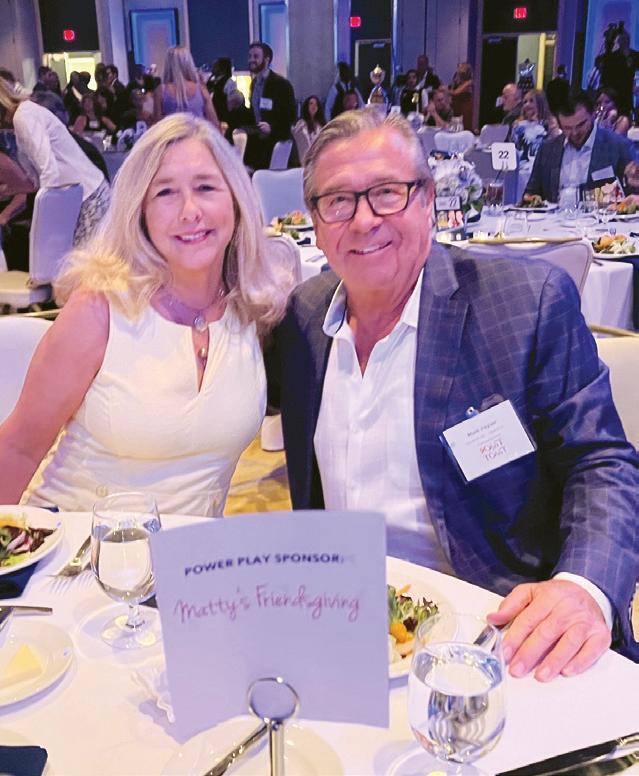
Edited by the Laches Editorial Board
any Laches readers already know Mark Peyser, a member and litigator at Howard & Howard who is well respected for his zealous representation of his clients and who was recently recognized by the Oakland County Bar Association for 40 years of service to the legal profession. What you may not know, however, is that in 2017, his family suffered an unimaginable tragedy when his son Matt died from substance use disorder at just 25 years old. Matty’s FriendsGiving is the result of the Peyser family’s efforts to honor their beloved son’s legacy while helping other people who struggle with substance use disorder. Mark bravely gave the Laches Editorial Board a few moments of his time to share his family’s story.
Thanks for sharing your story with us. Can we start by learning about Matt?
Matty was fun-loving and athletic, even as a child. He was a competitive athlete and played hockey with the Grosse Pointe Hockey Association [now called the Detroit Bulldogs Hockey Club], on both the house and travel leagues, as well as on Grosse Pointe North’s JV hockey team. In 2007 and 2008, he was an on-ice flag bearer during Detroit Red Wings pregame ceremonies for all home playoff games, and Matt participated in the Stanley Cup parade downtown. He also swam for the Grosse Pointe Yacht Club for 12 years as well as the varsity swim team at Grosse Pointe North High School for four years.
As a young adult, Matty had fun with his Pi Kappa Alpha fraternity brothers at Michigan State, but he was still a determined and successful student. He studied abroad with his marketing class before earning a Bachelor of Arts in finance from the Eli Broad College of Business in 2014. He began his career as a financial analyst for Ernst & Young in Detroit before moving to Florida to work at Mednax, where he was quickly promoted to senior mergers and acquisitions analyst. Matty was also loyal and charitable. If he had $10 in his pocket and you needed it, he’d give it to you.
What is substance use disorder?
Substance use disorder (SUD) is the term for what people sometimes refer to as addiction or drug or substance abuse. But neither of those terms recognize that this is actually a disorder that affects a person’s brain in a way that affects their ability to control their use of substances. When there’s a failure to understand that something is a disorder, there is an increased stigma around it and also a failure to acknowledge that with proper treatment, it can be managed. That is why it’s important to refer to it as substance use disorder instead of an addiction or some of the other, more common terms you might hear.
How did Matt’s substance use disorder begin?
In Matty’s later college years, he had a dependency on prescription opioids, beginning with OxyContin. Because of the stigma around substance use disorder, treatment and support were not readily available, and Matty hid his struggle at first. He had been working and living in Florida when he died of substance use disorder in 2017, two months before his 26th birthday.
What is Matty’s FriendsGiving, and how did you come up with this idea?
After we lost Matty, we wanted to find a way to honor his legacy while helping others like him. We wanted to raise both awareness of and financial support for young people who have substance use disorder. My wife, Kady; our son Hank; and I wanted to memorialize and maintain his legacy, so we wanted to do something in line with his charitable spirit. With the help of some of Matty’s friends, in 2017 we created Matty’s FriendsGiving, which is an event that we host every year at Fishbones in St. Clair Shores on the Friday after Thanksgiving to raise funds and awareness. Many local businesses and individuals donate auction items like sport tickets, cases of wine, [and] artwork and raffle items like gift cards.
The first year that we hosted Matty’s FriendsGiving, proceeds benefited the Covenant House, which is an organization that helps youth who are facing homelessness in Detroit.1 We raised over $25,000 that year.
After the first Matty’s FriendsGiving, Hank noted that Covenant House was a worthwhile charity but suggested that we should consider supporting something related to the struggle and battle with substance use disorder. We thought it was a good idea, and Kady had learned about the Jamie Daniels Foundation, which had recently
been formed. Every year since 2018, proceeds from Matty’s FriendsGiving have benefited the Jamie Daniels Foundation.
What is the Jamie Daniels Foundation?
Jamie Daniels was the son of Detroit Red Wings play-by-play announcer Ken Daniels and Lisa Daniels-Goldman. Jamie died from substance use disorder several months before Matty did, and Ken and Lisa co-founded the Jamie Daniels Foundation (JDF), which is an initiative of the Children’s Foundation of Detroit. JDF distributes grants to community partners that provide programs, resources, and solutions that address the ongoing drug epidemic. It advocates for legislative change related to drug use and prescriptions. e Jamie Daniels Foundation primarily focuses on children and young adults through education, guidance, prevention, recovery, and stigma reduction.2
Kady contacted Ken to offer support when she learned about the foundation, and since that time, Matty’s FriendsGiving has raised over $185,000. We feel extremely fortunate to work with the Jamie Daniels Foundation. In describing the foundation’s mission, Ken Daniels has observed that “we will save so many lives when we
drop the notion of what we think an addict is and provide them with the proven care they need.”
What eventually compelled you to begin speaking publicly about Matt’s story?
Substance use disorder is not based on socioeconomic class, so eventually, we realized it can happen to anybody. As I mentioned, there is such a stigma surrounding substance use disorder that it has been difficult to ensure resources for those in need, and [that] people who need effective treatment get it. Substance use disorder is more common than most people know. In today’s world, SUD is a rapidly growing and serious issue. Opioid and other substance addiction is still on the forefront of our society. While it is being addressed by our political leaders and medical professionals, more assistance is needed.
In starting Matty’s FriendsGiving, the goal was to create a legacy for our son which is founded upon spreading the awareness of the growing substance use disorder problem and to seek financial support for the mission of the Jamie Daniels Foundation, which is to save others’ lives by providing education, resources, guidance, and support to those struggling with substance use. is is a very worthy cause and one that Kady,
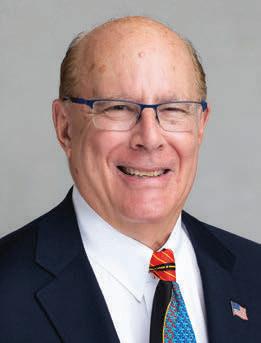
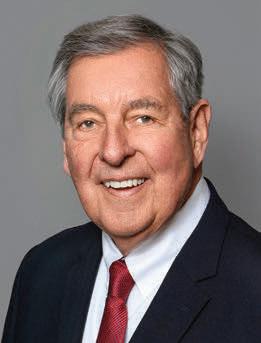
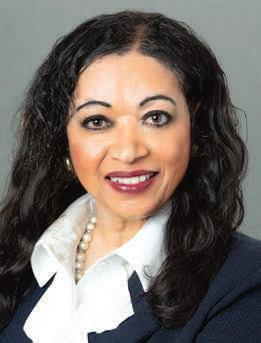
Hank, and I are proud to be associated with.
Where can we go to learn more about Matty’s FriendsGiving?
ere are Facebook pages named “Remembering Matthew Peyser” and “Matty’s FriendsGiving.”
Other members of the Oakland County Bar Association will read this and want to help with your e orts. What can we do? Is there anything else you’d like to say to LACHES readers?
On behalf of Kady, our son Hank, and of course the Jamie Daniels Foundation, I would ask if you could find it in your heart to make a donation to the JDF in support of their incredible work, and would also ask [you] to take a moment and check out the JDF’s website for further information of their tireless commitment to help all those who are struggling with SUD. ank you!

Footnotes: 1. covenanthouse.org/homeless-shelters/detroitmichigan 2. jamiedanielsfoundation.org.

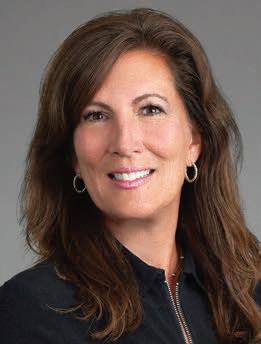
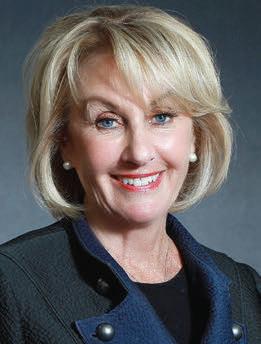
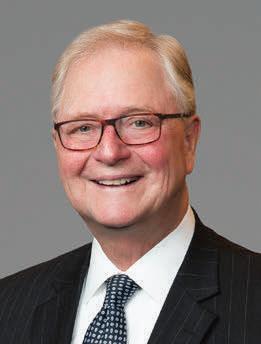
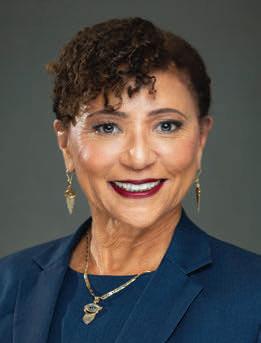
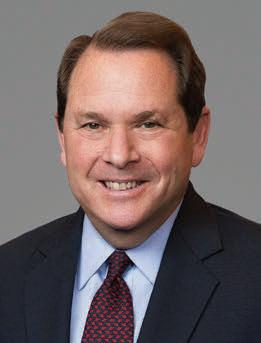

Introduction by Victoria B. King, LACHES Editorial Board
The judge presiding over a case can be the most important unknown quantity. While it is not a guarantee, getting to know how a judge typically decides an issue can provide valuable insight into predicting potential outcomes. In the recent past, new and seasoned attorneys could arrive at 1200 N. Telegraph Road in Pontiac, Michigan, on any given Wednesday and simply drop into a judge’s courtroom and observe a motion call docket. e attorney could watch how the judge handled routine and complex motions and leave the courtroom with an educated guess as to how best to advocate for a client when appearing before that judge. ings have changed. Most Oakland County Circuit Court and Oakland County Probate Court judges conduct their motion call dockets via Zoom videoconferencing.
Based on the individual judges’ protocol pages, the following tables provide valuable information about how to observe motion calls. In May 2024, the Oakland County Bar Association, Oakland County Circuit Court, and Oakland County Probate Court jointly developed and offered New Lawyer Boot Camp, which was a full-day training program for attorneys in practice less than five years and law students. e information in the table is distilled from one of the handouts at that joint program: “New Attorney Motion Call Observation Protocol.” For those reading this article in print, the fol-
General Civil/Criminal Division Judge
Hon. Jeffery S. Matis, Chief Circuit Judge
lowing websites contain the hyperlinks to access each judge’s protocol page and other relevant information about the judge’s docket: oakgov.com/government/courts/circuit-court/judges oakgov.com/government/courts/probate-court/judges
e following website allows a person to gather general information about what is on a judge’s docket for a given date: jsos.oakgov.com/ OaklandCounty

Judge Matis conducts his motion calls from the bench. Attorneys may request to proceed remotely or in person. Most cases proceed via Zoom. New attorneys may sit in the courtroom or log in via Zoom, if arranged with staff. Zoom observers should label themselves as “Esq. observer” or “atty observer.” Observers will be muted. If a bench conference occurs, the court will place the observer in a Zoom waiting room. Judge Matis welcomes general questions following the call as time permits but will not discuss particular rulings.
Hon. Martha D. Anderson, Chief Circuit Judge Pro Tempore
Judge Anderson conducts her motion call by Zoom and welcomes attorneys who wish to observe the motion call. They should identify themselves as “public” or “attorney observer.”
Hon. Phyllis C. McMillen, Presiding Judge, Civil/Criminal Division
Judge McMillen conducts her motion call by Zoom, and her staff admits anyone identifying as “public” into the call immediately.
Hon. Mary Ellen Brennan, Circuit Court Judge
Judge Brennan welcomes attorneys to view her motion call by Zoom at any time. The court requests that observing attorneys identify themselves as “atty viewing.” The court will admit them to the session and turn their cameras off to avoid any distractions. Judge Brennan is available to meet with attorneys after most motion calls by Zoom.
248-858-0368
248-858-7954
miscao-6c. zoom.us/my/ jefferymatis
248-858-0337
248-858-0355
miscao-6c. zoom.us/my/ martha anderson
miscao-6c. zoom.us/my/ phyllismcmillen
miscao-6c. zoom.us/my/ maryellen brennan
CIRCUIT COURT
General Civil/Criminal Division Judge (Continued)
Hon. David M. Cohen, Circuit Court Judge Judge Cohen invites attorneys to view the motion call via Zoom. The clerk will label the attorney as a “public observer.” Judge Cohen welcomes questions at the end of the call.
Hon. Jacob James Cunningham, Circuit Court Judge Judge Cunningham uses an open Zoom room for his motion call, so everyone is welcome. Attorneys may label themselves as “public,” “viewing,” or “attorney.” Clerks will advise that attorneys are viewing the call.
Hon. Nanci J. Grant, Circuit Court Judge Judge Grant conducts her motion call by Zoom and asks that observers identify themselves as “new atty viewing.” Time permitting, Judge Grant will answer questions.
Hon. Cheryl A. Matthews, Circuit Court Judge Judge Matthews conducts her motion call by Zoom and welcomes observers to her call.
Hon. Daniel P. O’Brien, Circuit Court Judge Judge O’Brien conducts his motion call by Zoom. He welcomes observers to the call. They do not need to identify themselves. Judge O’Brien welcomes questions at the conclusion of the call.
Hon. Yasmine I. Poles, Circuit Court Judge Judge Poles conducts her motion call by Zoom. She welcomes observers. They should let the clerks know why they are present when they report to help the clerks identify who is present for the motions to be heard. The clerks will identify visitors as “observers” and admit them to the call. Judge Poles welcomes questions at the end of the call.
Hon. Kwamé L. Rowe, Circuit Court Judge Judge Rowe conducts his motion call by Zoom. He welcomes observers to the call.
CIRCUIT COURT
Business Court/Criminal Division Judge
Hon. Victoria A. Valentine, Circuit Court Judge
Judge Valentine conducts her motion call by Zoom. She encourages new attorneys to watch motions. They may access her docket at docs.google.com/spreadsheets/d/ 1E9FzqhczMJGsJXQjJ1cDZk1yglKJ2TkYkZWdNgK3uTc/edit?usp=sharing.
Hon. Michael Warren, Circuit Court Judge (Business Court)
Judge Warren conducts his motion call by Zoom. He continues to encourage attorneys to watch motions. Interested attorneys simply log in at the beginning of the call and ask to watch. They will be labelled a “member of the public.” Judge Warren is open to questions on stylistic, not substantive, issues regarding the call.
CIRCUIT COURT
Family Division Judge Chambers
Hon. Lisa Langton, Presiding Judge, Family Division
Judge Langton conducts her motion call by Zoom and welcomes observers at any time. She asks that they identify themselves as “atty viewing.” The court will turn off their cameras to avoid any distractions and welcomes questions at the end of the call. Judge Langton posts a copy of her calendar on her protocol page.
248-858-5280
248-858-0365
248-858-0358
miscao-6c. zoom.us/my/ davidmcohen
miscao-6c. zoom.us/my/ jacob cunningham
miscao-6c. zoom.us/my/ nancigrant
248-858-0332
248-858-7960
248-452-2000
miscao-6c.zoom. us/my/cheryl matthews
miscao-6c. zoom.us/my/ danielpatrick obrien
miscao-6c. zoom.us/my/ yasminepoles
248-452-2005
248-858-5282
miscao-6c. zoom.us/my/ kwamerowe
248-975-4250
248-858-1704
miscao-6c. zoom.us/my/ victoria valentine
miscao-6c. zoom.us/my/ michael warren
miscao-6c. zoom.us/my/ lisalangton
CIRCUIT COURT
Hon. Kameshia D. Gant, Circuit Court Judge Judge Gant conducts her motion call on Zoom and has invited people into her motion call since the pandemic began for educational purposes. Her staff labels visitors as “public.” Judge Gant would participate in a “virtual” motion hearing day.
Hon. Lisa Gorcyca, Circuit Court Judge Judge Gorcyca conducts her motion call by Zoom. She invites new attorneys to observe the call.
Hon. Maureen H. Kinsella, Circuit Court Judge Judge Kinsella conducts her motion call by Zoom. She welcomes observers to join as “members of the public.” Attorneys may contact chambers to confirm the motion schedule.
Hon. Julie A. McDonald, Circuit Court Judge Judge McDonald conducts her motion call in the courtroom. She welcomes new lawyers in the courtroom to observe the proceedings. In addition to on the website, a copy of the scheduled motion call is posted outside the courtroom on Tuesday afternoons.
Hon. Lorie N. Savin, Circuit Court Judge Judge Savin conducts a hybrid motion call where some motions are heard on Zoom and some are heard in person. She welcomes new lawyers. They may observe on Zoom or in person in the courtroom. Judge Savin welcomes questions following the conclusion of the call. She posts her docket at oakgov.com/government/courts/circuit-court/ judges/family-division/hon-lorie-n-savin/hon-lorie-n-savin-calendar.
Hon. Amanda J. Shelton, Circuit Court Judge Judge Shelton conducts her motion call by Zoom. She welcomes new lawyers. Judge Shelton believes that identifying oneself as “Esq. viewing” or “attorney viewing” helps the court efficiently identify who is present on a case but does not require an identification by name.
Family Division Judge (Continued) PROBATE
Hon. Linda S. Hallmark, Chief Probate Judge
Hon. Kathleen A. Ryan, Chief Probate Judge Pro Tempore
Hon. Daniel A. O’Brien, Presiding Judge, Estates/Trusts
248-858-0340
248-858-0360
248-858-0363
miscao-6c. zoom.us/my/ kameshiagant
miscao-6c. zoom.us/my/ lisagorcyca
miscao-6c. zoom.us/my/ maureen kinsella
248-858-0342
248-858-5285
248-858-0335
miscao-6c. zoom.us/my/ juliemcdonald
miscao-6c. zoom.us/my/ loriesavin miscao-6c. zoom.us/my/ amandaj shelton
248-858-0289
248-858-0250
248-858-0287
Judge Daniel A. O’Brien’s courtroom is open to the public for in-person viewing of all hearings. Any court observer who is not a party to a case scheduled on Judge O’Brien’s docket on the date they wish to observe court hearings is welcome to observe hearings in person in Judge O’Brien’s courtroom. Such court observers are prohibited from observing hearings on Zoom during the court hearings.
Hon. Jennifer S. Callaghan, Presiding Judge, Guardianships/Conservatorships/Mental Health
248-858-0240


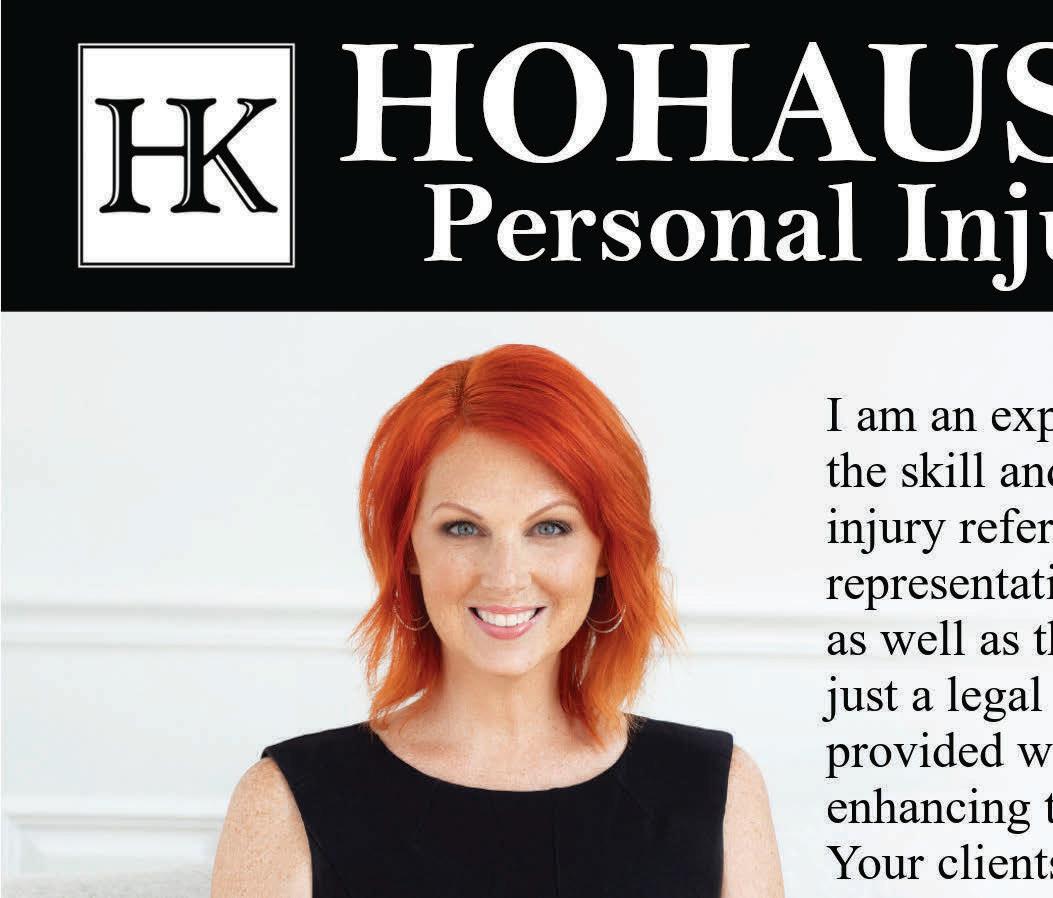
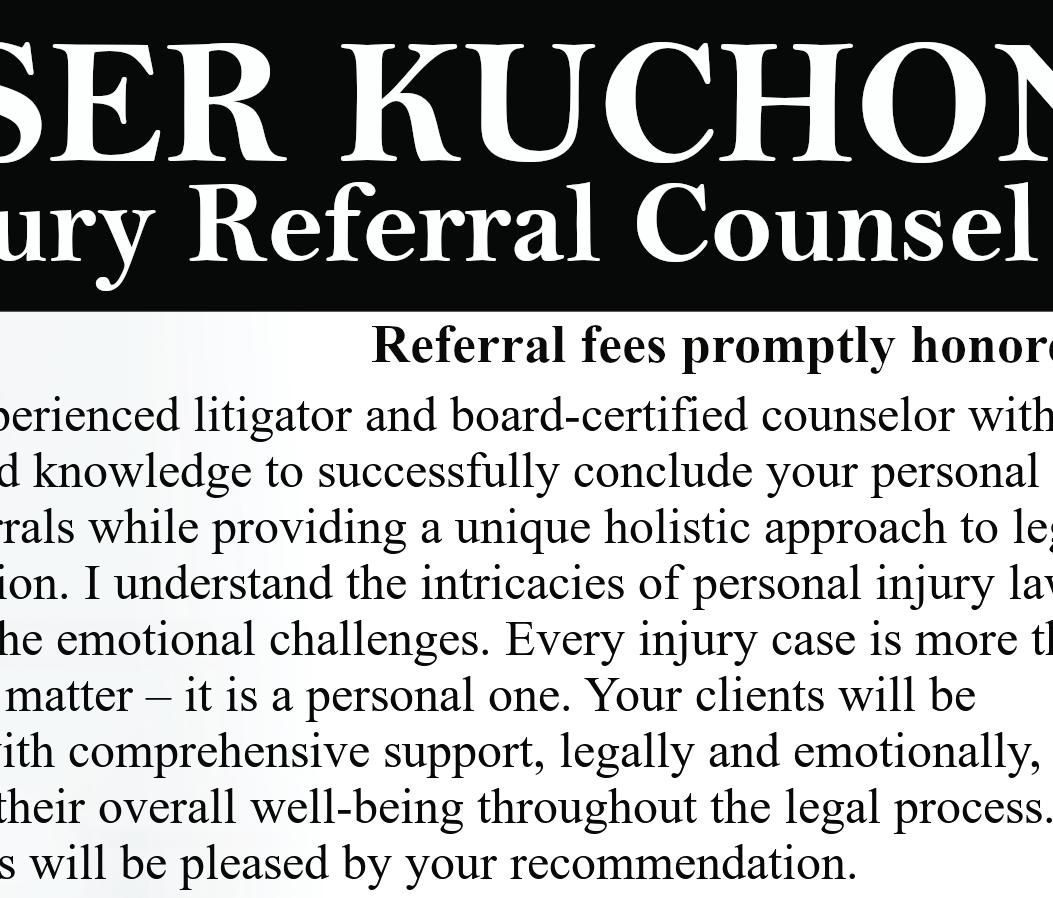
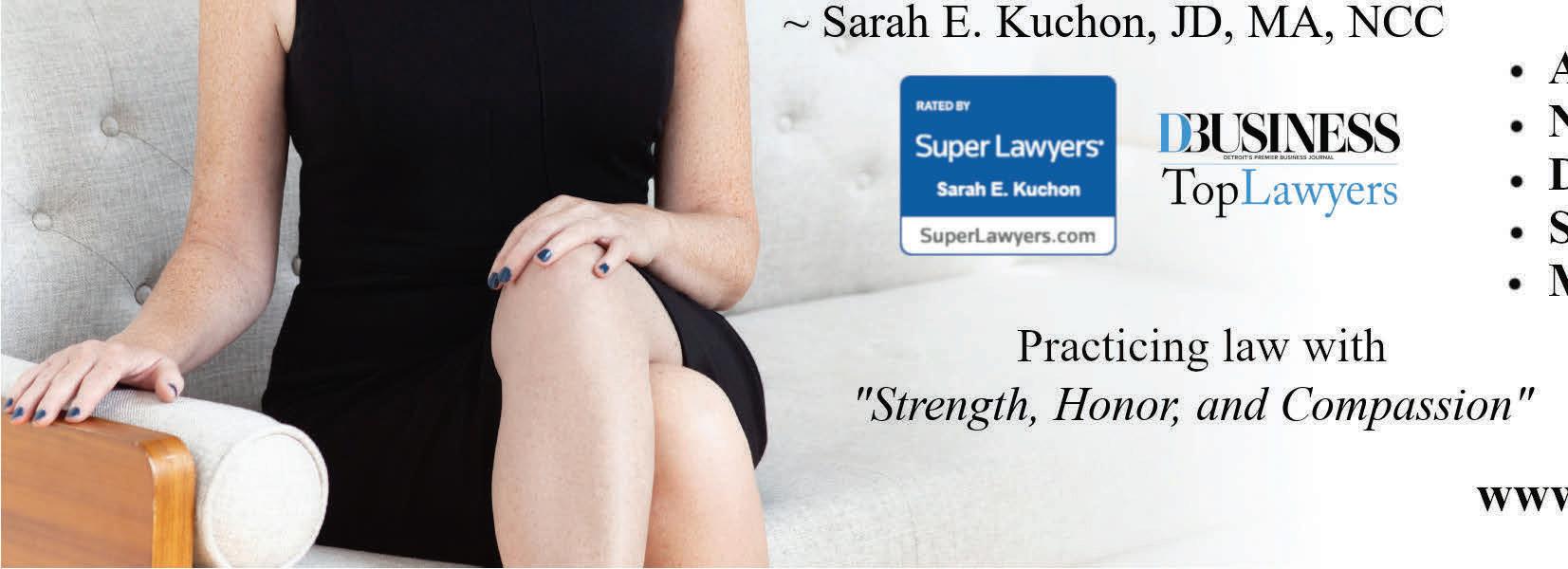
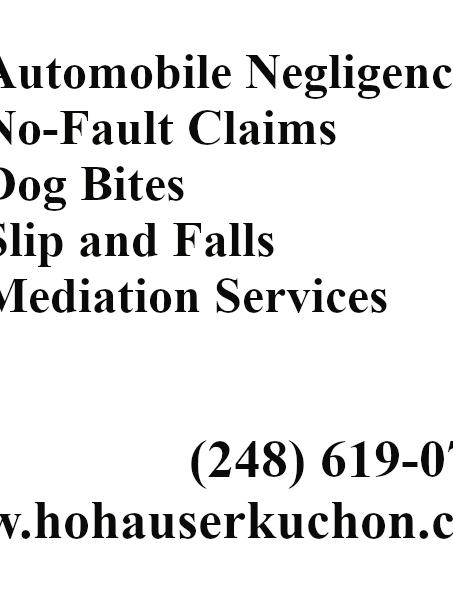
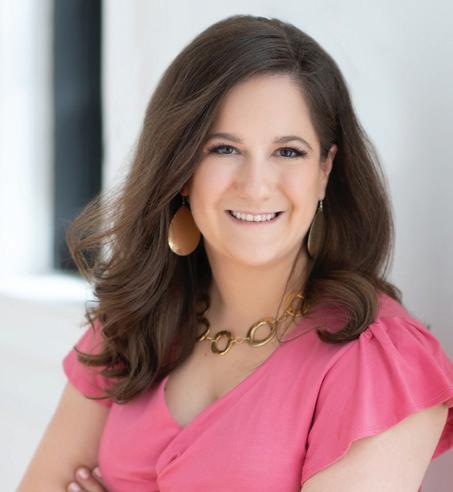
By Kristina Bilowus
This article is intended to be for informational use only and not to act as medical advice.
or many, the holidays can be a time of enjoyment catching up with family and friends and a moment to slow down the fast-paced lives we live. However, there are many more of us who indicate that stress and strain are very prevalent during this time. Looking to numbers, approximately “68% of people feel financially strained, 66% feel lonely, and 63% feel under pressure during this time of year.”1
One of the reasons behind these feelings is what the end-of-year holidays represent. For those experiencing loneliness and grief, holidays may call to mind a sense of community that one may feel isolated from, or they may trigger memories about lost loved ones that can be painful to recall.2 Financial strain may also plague individuals with respect to gift-giving, hosting, and keeping up an appearance of
financial security. This may be especially true for those who compare prior “successful” holidays with a current one, worried that a change in financial status will change how they are viewed. Additionally, seasonal affective disorder may play a role in the fall and winter holiday season. With less sunlight and time spent outdoors, one may experience a loss of energy and depression. This may be heightened by the contrast with the high spirits typically associated with holidays.3 For those who already experience anxiety and depression, the holidays may heighten symptoms.4 And for those who do not experience anxiety and depression, the day-to-day stresses may be compounded during the holidays.
While this is not an exhaustive list of reasons why the holidays may necessitate additional self- and provider care, it is essential
“Support During the Holidays,” Substance Abuse and Mental Health Services Administration samhsa.gov/newsroom/observances/support-during-holidays
“Seven Tips for Managing Your Mental Health During the Holidays,” by Lisa Howard, University of California Davis Health health.ucdavis.edu/news/headlines/7-tips-for-managing-yourmental-health-during-the-holidays/2022/12
“The Most Difficult Time of the Year: Mental Health During the Holidays,” by Daniel H. Gillison, National Alliance on Mental Illness nami.org/from-the-ceo/the-most-difficult-time-of-the-yearmental-health-during-the-holidays
“Healthy Holidays Are Possible — The Key Is Finding Your Balance,” by Jessica Lester, Forbes Health forbes.com/health/wellness/healthy-holiday-guide
to keep this in mind for ourselves and others we engage with. Regarding self-care, we may already know our triggers and how various events and seasons impact us. That being said, we may not be great at taking care of ourselves. Working in the legal field is a high-stress and demanding profession. From client demands, to deadlines, to professional obligations, to never feeling caught up, our careers often lead us to feel like we are constantly trying to keep up. Additionally, our personal lives may be quite full as well. Being busy and performing meaningful work is not a bad thing. Having a personal life to balance alongside a career can be wonderful. The missing element to all these pieces of the puzzle is knowing how to listen to our bodies and respond accordingly.
Thus, I encourage all of us (to the extent it makes sense) to be intentional during this season to be attuned with our physical, mental, and emotional well-being. Take inventory and allow yourself time to address your health. Whether this means scheduling an annual physical, continuing your yoga practice, or something else that you know is good for your well-being, this is the time to make time for it.
For those of us who have anxiety, depression, and other mental illnesses, you may already know how holidays impact you. This may be an excellent time to check in with health providers, communicate to loved ones, and allow yourself extra grace.
Additionally, this is a perfect time to be mindful of others. If you have a loved one who may be pulling away, or if a friend or colleague is becoming increasingly isolated, spending a bit of time checking in with them may be helpful. While none of this is medical advice, nor are we physicians, being mindful and compassionate can go a long way.
This may also be a great time to implement a game plan for yourself. If you are looking to reduce stress and feeling poorly during seasons that may trigger you, be mindful of those feelings. Allow yourself to feel them and also
get curious as to why you may be feeling a particular way. Plan and build in to your schedules things that you enjoy doing, as well as restful times. Whether it’s taking a walk, watching a favorite movie, or meditating, engaging in healthy and meaningful activities can help your well-being.
is is also a great time to minimize potential pitfalls. is may be saying no to hosting a holiday meal, or instead splitting hosting responsibilities. Maybe the consumption or presence of alcohol is a trigger. is is a time to have a game plan when attending festive occasions and also to check in with a person who can support your efforts. Limit the number of social engagements that drain your energy and capacity. Focus on meaningful engagement with others and reduce the focus on gift-giving. Most importantly, don’t be afraid to seek professional help if you feel yourself getting overwhelmed or needing support.5 ere are confidential and ready resources for you. ere is not one size that fits all. e first step is allowing yourself to check in with your one and only body. Allowing time to engage as
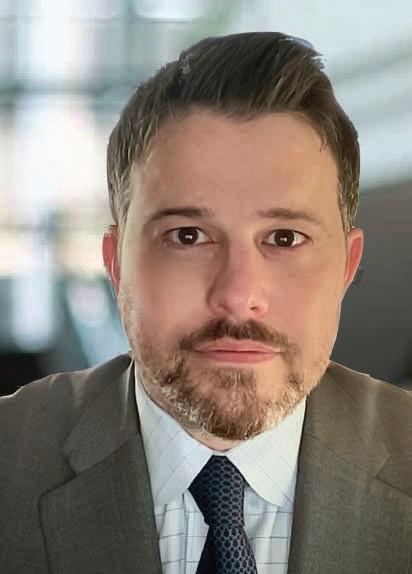

well as seek support when you need it is also essential. From there, develop a plan of action for taking care of yourself during the holidays (and ideally always). Set boundaries and communicate them to others. I also encourage turning to someone you trust. Hopefully, we all have at least one person we can think of to help


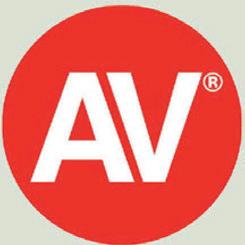

support us as we manage life. Above all, do not ignore or feel negativity toward yourself when it comes to self-care. We’re all human, which means we’re both the same as and different from everyone else. Use this holiday season to set or continue good habits to be an even better version of you.

Kristina Bilowus is an assistant director of career development at the Michigan State University College of Law. She also is the co-chair of the OCBA Lawyer Well-Being Committee. Diversity, equity, and inclusion is also a near and dear topic to Bilowus, as she has given presentations, written articles, and collaborated on various projects in this eld.
Footnotes:
1. “Unwrapping Wellness: Managing Holidays and Mental Health,” Lyra, lyrahealth.com/blog/holidaysand-mental-health (last accessed August 30, 2024).
2. Id.
3. Id.
4. Id.
5. Id.




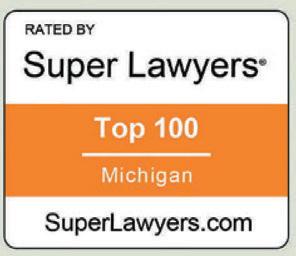

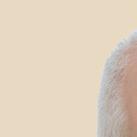


















As I set pen to paper, the leaves outside my window have begun to change colors. While autumn remains my favorite season, I dislike evidence of the coming winter prior to September — I am writing this article in mid-August. Other than to express my curmudgeonly discontent, I mention the early transition because Judge Phyllis McMillen retires effective January 1, 2025, at noon. Like my prematurely changing leaves, Judge McMillen’s retirement seems to come too soon.
Licensed in 1977, Judge McMillen began her career with Legal Services of Eastern Michigan. She served as the director of training and litigation for this legal services provider. She subsequently moved to Schmidt, Isgrigg & McMillen, where she became a partner practicing civil and criminal litigation until she took the bench in the 51st District Court (Waterford) in 1995.
During her time at the 51st District Court, Judge McMillen became an early adopter of the then-revolutionary concept of specialty courts. She created the Sobriety Court and the specialized domestic violence docket during her tenure there. e Office of National Drug Control Policy awarded Judge McMillen a Special Recognition Award for her work in creating the Sobriety Court. Building on the role of district courts as community or people’s courts, Judge McMillen also initiated Courts in the Schools and Open Court programs to educate students on the justice system and court operations.
Following the appointment of the Hon. Mark Goldsmith to the United States District Court for the Eastern District of Michigan, Gov. Jennifer Granholm appointed Judge McMillen to the Sixth Circuit Court in 2010. Judge McMillen has retained this seat through successive elections, including a particularly contentious election in 2012. During her tenure on the Sixth Circuit bench, Judge McMillen has continued her dedication to specialty
By Richard Lynch
court programs through her active role in the Adult Treatment Court and her work with the Pretrial Services unit of the Community Corrections Division.
As her term winds down, Judge McMillen continues her dedicated service to the court. is includes her role in developing and implementing the Sixth Circuit’s Settlement Week program. Created with funding from SCAO’s Virtual Backlog Response Docket grant program, the Settlement Week program worked to reduce the case backlog that arose during and following the COVID-19 pandemic. e court scheduled older cases for facilitated settlement conferences before members of the OCBA. ose cases that did not settle were then scheduled for trials before either the assigned judge or a visiting judge. By reducing docket backlogs, judges were better able to address current cases and ensure that litigants enjoyed a timely day in court.
Judge McMillen has also remained busy presiding over an active docket. is included overseeing the citizen’s grand jury convened to investigate the election tabulator cases, which resulted in three indictments. Echoing her role as a community judge, she has presided over the Keego Harbor Roosevelt Elementary
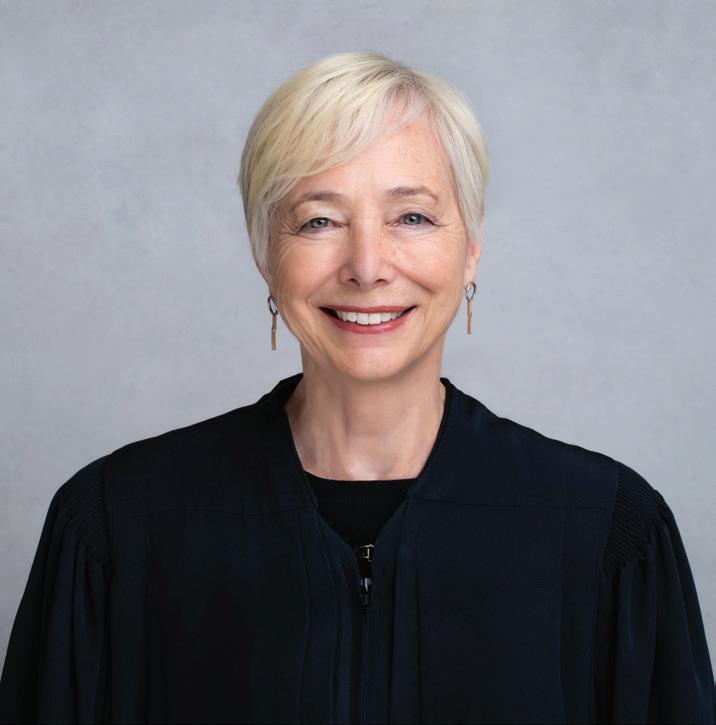
School demolition case. In addition, she has worked closely with counsel, as many of you can attest, to either resolve or try as many of her pending cases as she can prior to her departure.
As her time on the bench winds down, one hopes that Judge McMillen will find time to spend time with family, travel, and, perhaps, downhill ski. For now, on behalf of the bench, the court, and the legal community, I wish to extend our thanks to Judge McMillen for her dedicated service as a practicing attorney and judge.
You may recall notices from earlier this year advising the legal community that the successor to Judge McMillen’s seat will be assigned to the Family Division. After significant review, the court determined to transfer a seat from the Civil/Criminal Division to the Family Division, effective January 1, 2025. is means that Judge McMillen’s existing docket will be reassigned among her 10 Civil Division and 12 Criminal Division colleagues. Practically, the administrative reassignment will occur in mid-December; however, Judge McMillen intends to continue presiding over her cases through the end of the year.
N.B. If you have a case assigned to Judge McMillen, please check Court Explorer at courtexplorer.oakgov.com/oaklandcounty to see to whom your case has been randomly reassigned.
Finally, our new judge will preside over a Family Division docket created from cases randomly selected from the seven existing Family Division dockets. I will offer an introduction in a future article. Again, if you have pending cases, please check Court Explorer (courtexplorer.oakgov.com/oaklandcounty) to confirm the judicial assignment.

Richard Lynch is the court administrator for the Oakland County Circuit Court.
8/19/2024
VisitingHatty
VisitingPotts
Tried Together
2023-284855-FH People v. King*
2023-284857-FH People v. Seiberling*
2023-284856-FH People v. Maree*
2022-196759-CD
Sara & Misty Edwards v. Pastries by Ellen, LLC
2024-288714-FC People v. Donalson
2021-278453-FC People v. Davis
2024-285679-FH People v. Davis
2023-201309-NI
Shawna Peters v. Bessie Somerville
2024-289030-FH People v. Nash
2023-283844-FC
People v. Rushton
2020-275252-FC People v. Burkett
2024-288966-FH
People v. Johnson
2023-286245-FH People v. Mock III
2021-190180-NH
Keiona Turner v. Michelle Hardaway
2022-192129-NH
Edward Bristow v. MI Orthopaedic Surgery
O. Patterson, L. Logan, R. Liddell
Doraid Elder
O. Patterson, L. Logan, R. Liddell
Keefe Braxton
O. Patterson, L. Logan, R. Liddell
Wright Blake
James Baker
Edmund Yee
Darcey Jacobs
Patrick Nyenhuis
Darcey Jacobs In Pro Per
Andrew Duff
Michael McCarthy
Vadim Sigal, April Nason
Robert Johnson, Jacob Vandezande
Nicole Garmo
Anthony Lewis
Jason DeSantis
Steven Lynch
Devon Schulz
Jordan Zuppke
Andrea Ajlouni
Meagan Stamell
Lydia Mikail
Craig Tank
Kenneth Watkins
John Toth, Robert Hoard
Frank Mafrice
Jennifer Andreou
Involuntary Manslaughter
Involuntary Manslaughter
Homicide - 2nd Deg., Poss. FA in Comm. of Felony, CCW, PO Aslt./Res./Obst.
Ct. 1 Homicide - Open Murder, Cts. 2 & 4 Poss. FA in Comm. of Felony, Ct. 3 AWIM
Assault with Intent to Do Great Bodily Harm
Personal Injury/Auto Negligence
Assault with Intent to Do Great Bodily Harm
- Open
Homicide - Open Murder, Cts. 2, 4, 6 Weap. FF 3rd, AWIM, Weap. FA Poss. by Felon
Assault w/ Intent to Do GBH, Disch. FA in/at Bldg., Weap. FF, Fel. Assault
Cts. 1-4 CSC 3rd Deg. (Force)
Charged
Cts. 2-4
Medical Malpractice
1 Guilty of 1st Deg. Premeditated Murder, Cts. 2-6 Guilty
1, 3, 4 Not Guilty, Ct. 2 Mistrial
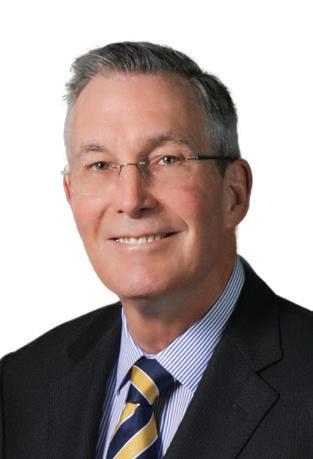
The Alternative Dispute Resolution Section of the State Bar of Michigan is proud to announce Larry J. Saylor is the 2024 recipient of the section’s Hero of ADR Award.
Saylor has been active in several positions with the ADR Section of the SBM, including the council, the executive committee, and as co-chair of the Skills Action Team (SAT). Through SAT, Saylor assisted with planning continuing advanced ADR skill-building programs. SAT is charged with offering the section’s annual educational conference each fall and the annual Spring Summit, which features a nationally renowned mediation trainer.
Saylor is senior counsel at the law firm of Miller, Canfield, Paddock and Stone, P.L.C., where he litigates complex business disputes in state and federal courts and in domestic and international arbitration. He handles antitrust, trade secret, consumer protection, franchising, and dealer law matters, including class actions, injunctions, and appeals. He has resolved highly technical matters involving computer software, auto parts, pharmaceuticals, health care, and product design.
Saylor and other award recipients were honored at the ADR Annual Awards Ceremony on Thursday, September 26, at Saint John’s Resort in Plymouth.
Attorney Halley J. Peters is excited to announce that she recently moved her firm, HJP Legal, to Oakland County from Orange County, California. Peters practices criminal defense and is licensed in Michigan, California, and Florida. Peters handles OWI/DUIs, hit-and-runs, theft, and assault and battery — with a focus on mental health and drug- or alcohol-related crimes. To learn more about Peters, visit hjplegal.com





Kemp Klein Law Firm is pleased to announce the addition of Margaret Lindauer as associate attorney. Lindauer will be integral to several practice groups, including Estate Planning, Probate and Trust Administration, Elder Law, and Tax Planning. She is dedicated to guiding her clients through the design, preparation, and implementation of their estate plans, and she also assists them in navigating probate and trust administrations.
Lindauer attended DePaul University, where she received a Bachelor of Arts and Social Sciences in political science in 2017. During that time, she received a Fulbright scholarship to travel to Japan; studied for a semester in London, where she worked for the prime minister’s office; interned in the United States Senate; and worked for a representative in the Illinois House of Representatives, where she was recognized for her research on nuclear power plants.
Lindauer earned her Juris Doctor in 2020 from the University of Illinois Chicago School of Law, where she was a member of the moot court team and gained experience working with the Cook County State’s Attorney’s Office, the Illinois Attorney General’s Office, and The Chicago Community Trust. She also holds the Institute of Continuing Legal Education’s Probate & Estate Planning Certificate.















mark@rossmanpc.com





TO INJUSTICE TimothyMasterswasonlyfifteenwhenhestumbledacrossthemutilatedcorpse ofPeggyHettrickinafieldonhiswaytoschool.Almostassoonasthepoliceset eyesonhim,theyweresurehewasthekiller—evenwithnothingbutacollection ofgorydrawingshe’dcreatedasateenagehorrorfanasevidence. Fortenyearstheyhoundedhim,until—withthehelpofanastoundingamount ofmisconduct—theyfinallysucceededinputtinghimbehindbars. In DrawntoInjustice,Timrecountshisjourneytoexoneratehimselfforacrime hedidn’tcommitand,intheprocess,laysbarethecorruptionthatenabledthe criminaljusticesystemtorailroadaninnocentman.






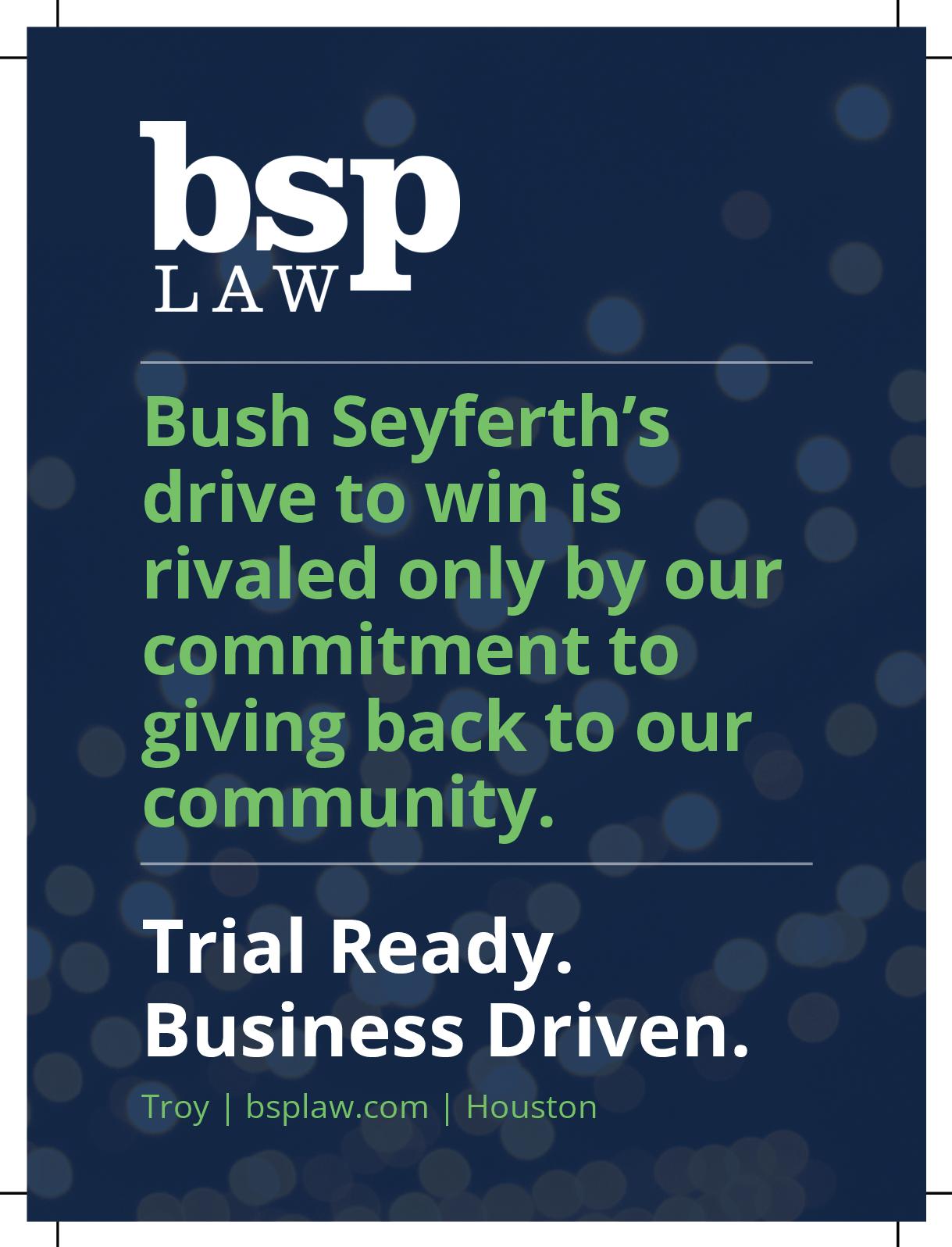






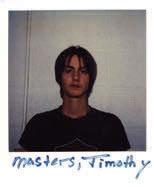















Timothy Masters was only fifteen when he stumbled across a mutilated corpse lying in a field. For ten years, the police hounded him until – with the help of an astounding amount of misconduct – they finally succeeded in putting him behind bars. Drawn to Injustice recounts his journey to exonerate himself for a crime he didn’t commit.


available at momentumbooks.com
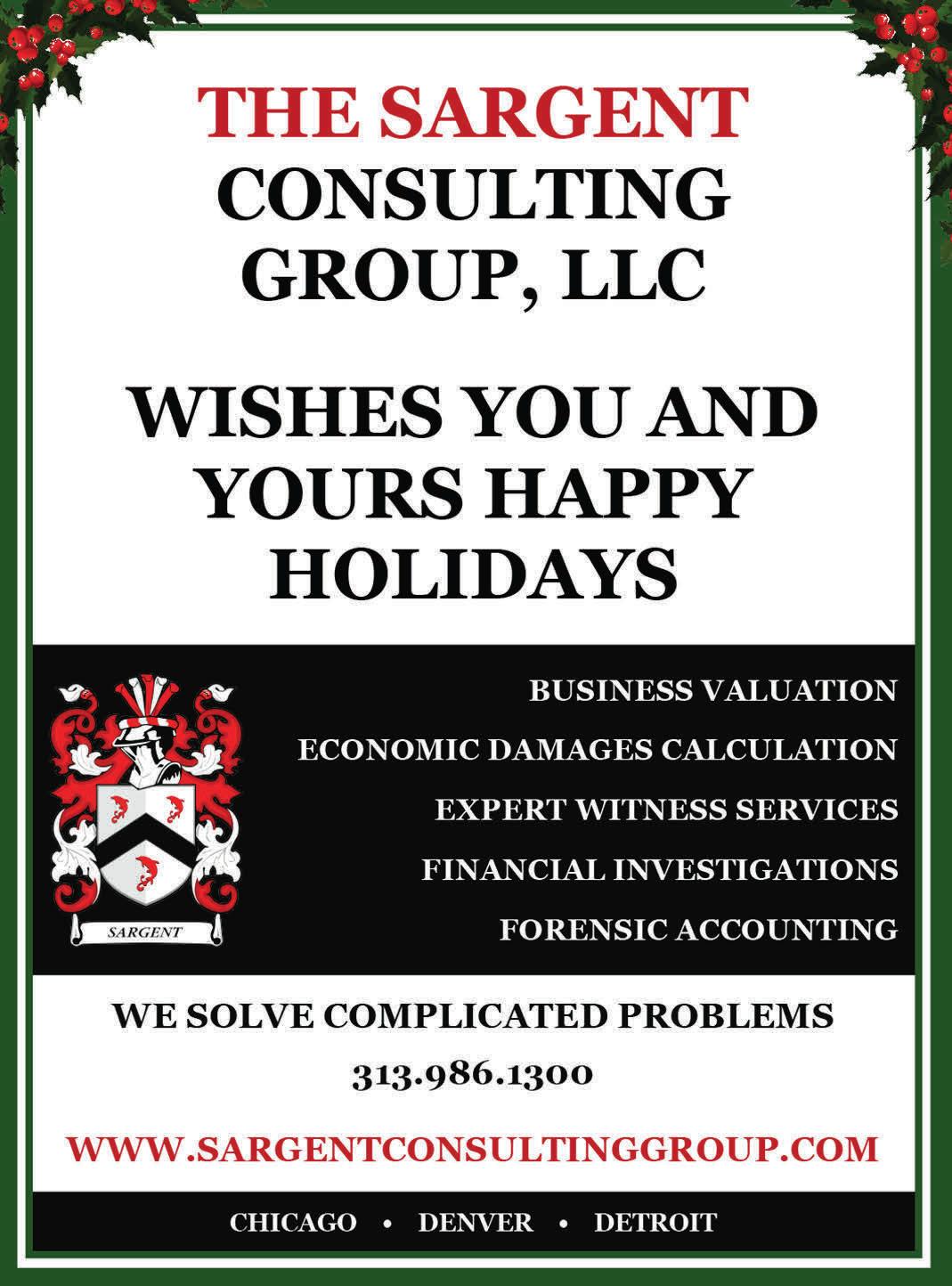

In this issue of Laches, dedicated to the many ways the Oakland County Bar Association gives back to the community, it is fitting to recognize a group that contributes significantly to the Oakland County Bar Foundation’s efforts at giving back: the OCBF Fellows. This group consists of attorneys and other legal professionals, selected by their peers, who have made a 10-year financial commitment to the foundation. While the foundation is grateful for all contributions, donations, and sponsorships it receives, the Fellows’ long-term commitment provides special benefits for the foundation.
There are four levels of Fellow participation: Fellow (persons who donate $100 per year, for 10 years), Patron Fellow ($250 per year), Charter Fellow ($500 per year), and Philanthropist Fellow ($1,000 per year). Once a Fellow’s 10-year commitment is fulfilled, they become a Life Fellow (or Life Patron, Charter, or Philanthropist Fellow, as the case may be).
Obviously, the annual donations from Fellows are an income stream that the foundation relies on for its charitable grant giving. Except for the years impacted by COVID-19, Fellows’ pledges have reliably produced more than $50,000 in grant-making funds for the foundation each year. This makes it possible for the foundation to support projects like CARE House of Oakland County, which provides critical intervention in cases of child abuse and neglect, or La Casa Amiga, which helps provide independence and dignity to immigrants and their families in Oakland County. (Naming these organizations is not meant to detract from the valuable work of the foundation’s other grant recipients, and I encourage readers to review the foundation’s annual reports or website for information about the other profound civic contributions the foundation’s grants support.)
The Fellows Program includes many very active community members and is the source
By Jeffrey G. Raphelson
of the foundation’s future leaders. Using just our Charter Fellows as an example, this group includes four former State Bar of Michigan presidents, five former OCBA presidents, a former Oakland County commissioner and mayor pro tem of Royal Oak, and numerous recipients of awards such as the OCBA Professionalism, Distinguished Service, and Doctoroff Liberty Bell awards; the State Bar of Michigan Champion of Justice Award; and the Eleanor Roosevelt Humanities Award. Aptly, one of our Charter Fellows is also a trustee of the Pewabic Society. (Apt because one way we recognize our Fellows is with a commemorative Pewabic tile.) In terms of Fellows’ service to the foundation, this year and last, the foundation has had 22 officers and trustees; 20 of them were from the Fellows Program. (For those who track such things, five were Fellows; 10 were Life Fellows; and four were Charter, Life Charter, or Patron Fellows.)
There is certainly some cachet to becoming a Fellow. Admission requires nomination by another Fellow, and the number of lawyers who can become Fellows is capped at less than 10% of the total active State Bar of Michigan members practicing in Oakland County. (The foundation encourages nonattorneys to become Fellows as well.) The names of all Life Fellows, those who have completed their pledge commitments, are recorded on a plaque on display at the Oakland County Circuit Courthouse. In fact, the foundation is currently exploring options for upgrading the plaque. Thanks to the success of the Fellows Program, we need to make room for new names and future expansion.
However, for me, the greatest benefit of becoming a Fellow is belonging to a special group of legal professionals committed to giving back to the community. Fellows share the bond of having this value in common and the collegiality it promotes. Nothing compels one to become a Fellow — just a willingness

The Oakland County Bar Foundation’s mission is to ensure access to justice and an understanding of the law in our community. It is dedicated to:
Improving and facilitating the administration of justice in Oakland County and throughout the state of Michigan;
Ensuring to the fullest extent possible that legal services are made available to all members of the public;
Promoting legal research and the study of law as well as the diffusion of legal knowledge;
Promoting the continuing legal education of lawyers and judges; and
Educating the public as to their legal rights and obligations, and fostering and maintaining the honor and integrity of the legal profession.
If you know an organization that could use assistance to pursue these goals within Oakland County, please refer them to ocba. org/ocbfgrants, where they can find information about applying for a grant from the foundation.
to share one’s advantages and, hopefully, the view that helping others can be its own reward. In this case, helping others can be as easy as writing a check, or as involved as taking on a leadership role in the foundation. Either way, being a Fellow places you in great company that will serve you well professionally and personally. is camaraderie is most evident at the foundation’s Fellows Reception and Signature Event. e Fellows Reception takes place at the beginning of the new year and is a way to welcome new Fellows and show appreciation to our current Fellows. is upcoming year, the event is scheduled to take place on January 27, and if you join the Fellows Program, you will get a personal invite.
If you are not already a Fellow, I urge you to visit the foundation’s webpages (ocba.org/ fellows) for information about the program and details on becoming a Fellow. ere is also a list of current Fellows, which will confirm that the foundation’s Fellows consist of Oakland County’s preeminent attorneys, judges, and court staff and others who support the legal profession. It is a group dedicated not only to collegiality
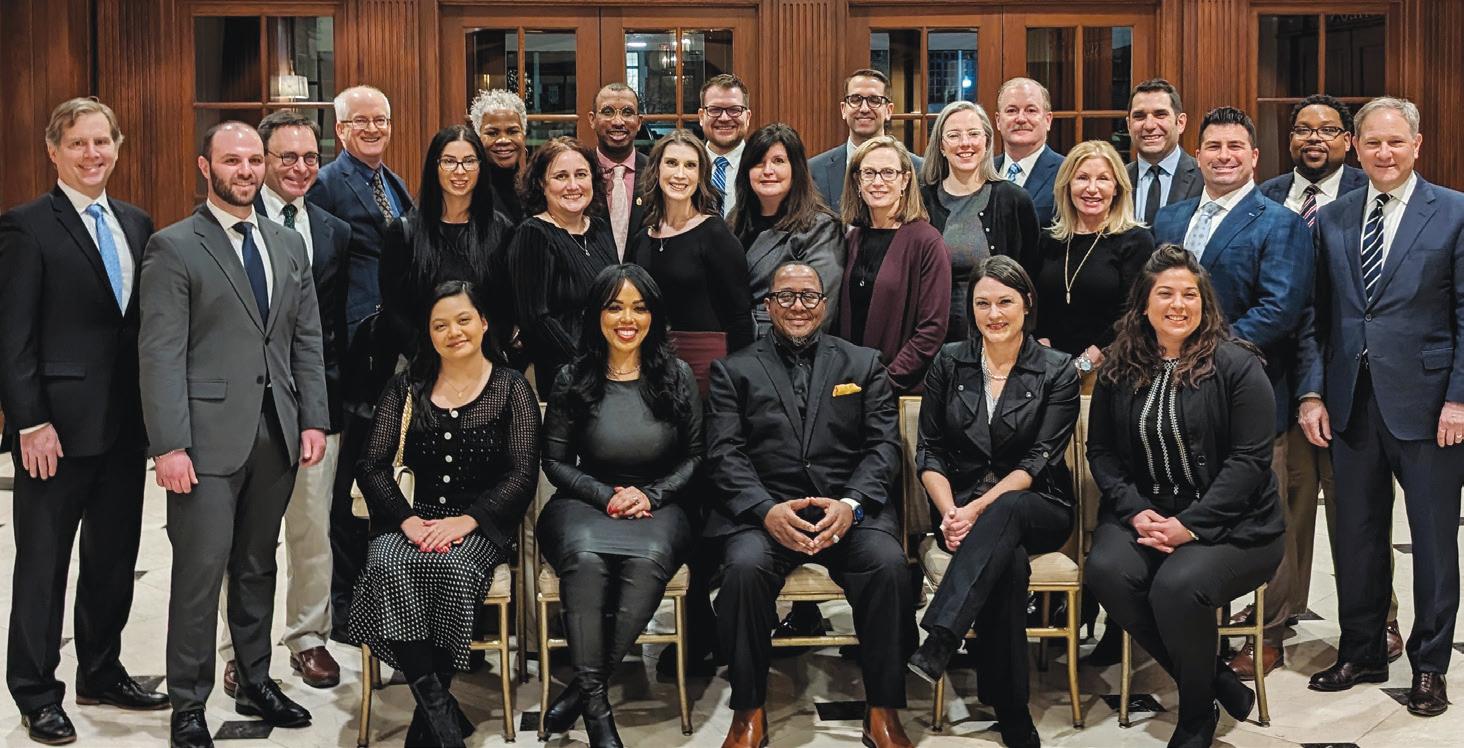
but also to helping those with fewer advantages than we enjoy. If asked, please join us.

Je rey G. Raphelson is the president of the Oakland County Bar Foundation and a member and general counsel of Bodman PLC. He focuses his practice on commercial litigation, particularly matters related to the automotive and banking
industries, as well as general commercial cases involving contract, intellectual property, corporate governance and dissolution, and dealer and franchise termination disputes. He has served on numerous State Bar of Michigan committees and is a current board member and treasurer of the Historical Society for the U.S. District Court for the Eastern District of Michigan.
e mission of the Oakland County Bar Association is to serve the professional needs of our members, enhance the justice system, and ensure the delivery of quality legal services to the public. We fulfill our mission through our 30 committees, regular networking events, and numerous educational programs for both OCBA members and the public. We work hand in hand with the OCBA volunteer board directors and members, and we partner closely with the courts.
Below are recent examples of the OCBA at work in service to the bar and to the community.
e OCBA’s 2024-25 committee leadership attended the annual Chair/Vice Chair Orientation on ursday, August 1, along with the OCBA staff liaisons who will support the association’s 30 committees. e dynamic event began with networking, appetizers, and drinks as a gesture of appreciation for the OCBA members who volunteer for these important leadership roles. Following this, a brief presentation was held to guide and support the leaders as they embark on their duties for the upcoming term.
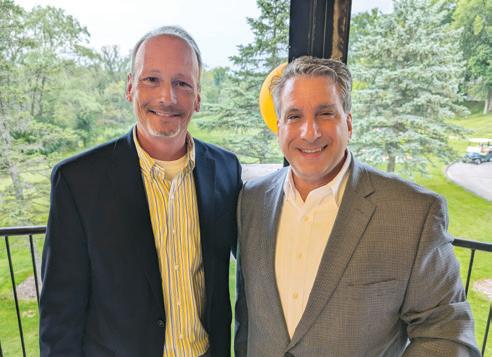

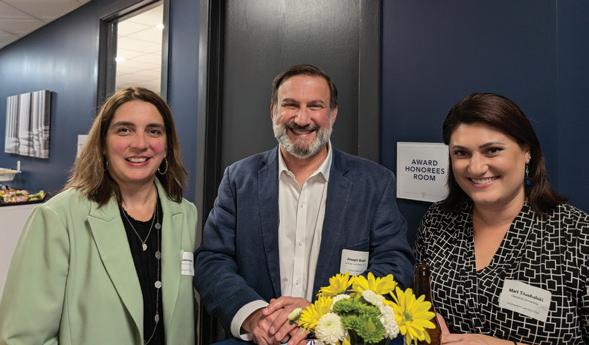


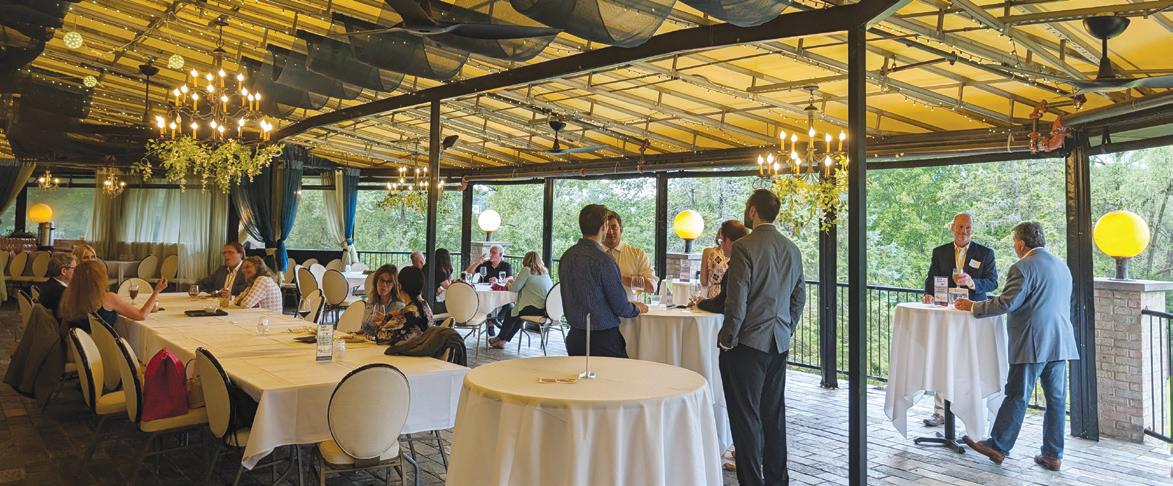
On the morning of ursday, August 22, the OCBA welcomed nearly 20 members and prospective members to an engaging event designed to showcase the full benefits of OCBA membership. Attendees had the opportunity to start their day by networking and connecting with others in a collegial environment. is complimentary event was organized to educate participants on how to maximize their membership by accessing the OCBA’s tools and resources. roughout the session, attendees learned about professional development opportunities and ways to increase business exposure, enhance visibility, advocate for the profession, and get involved with the bar association. ey also discovered paths to volunteerism and explored how to become the OCBA leaders of tomorrow.

On ursday, August 15, approximately 25 OCBA members gathered at Steven Lelli’s Inn on the Green in Farmington Hills for an evening of mingling and networking. is final membership mixer of the summer offered attendees complimentary appetizers and a cash bar, creating a festive atmosphere perfect for expanding their professional networks. A special thank you to the evening’s sponsor, U.S. Legal Support.
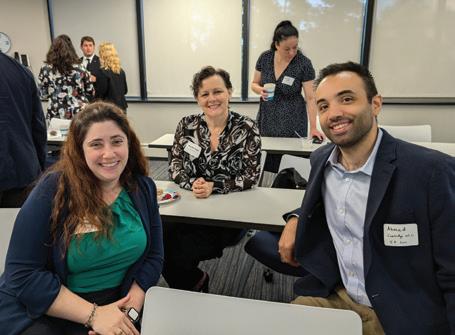
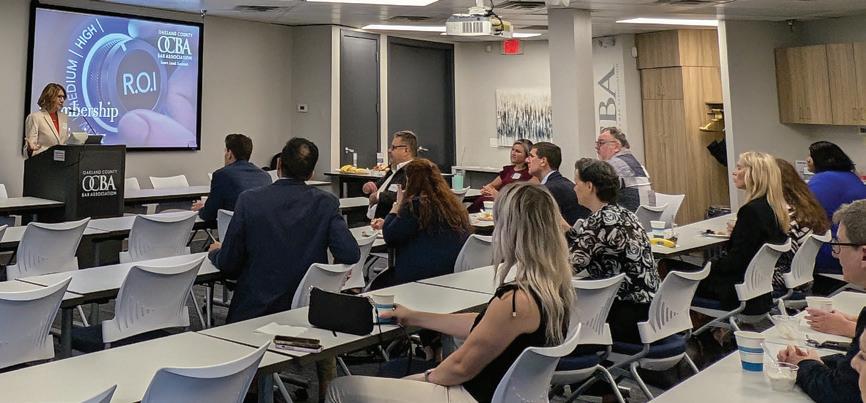
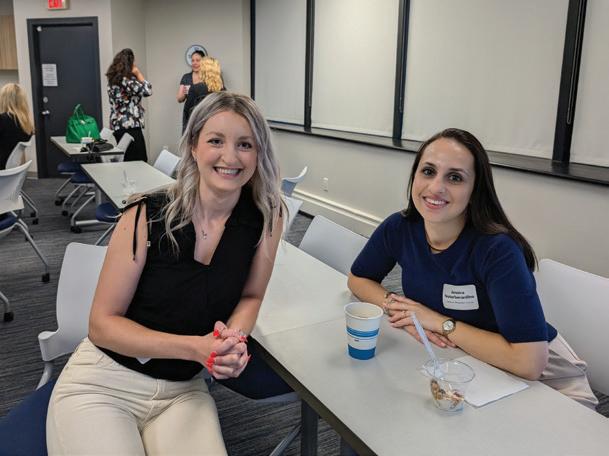
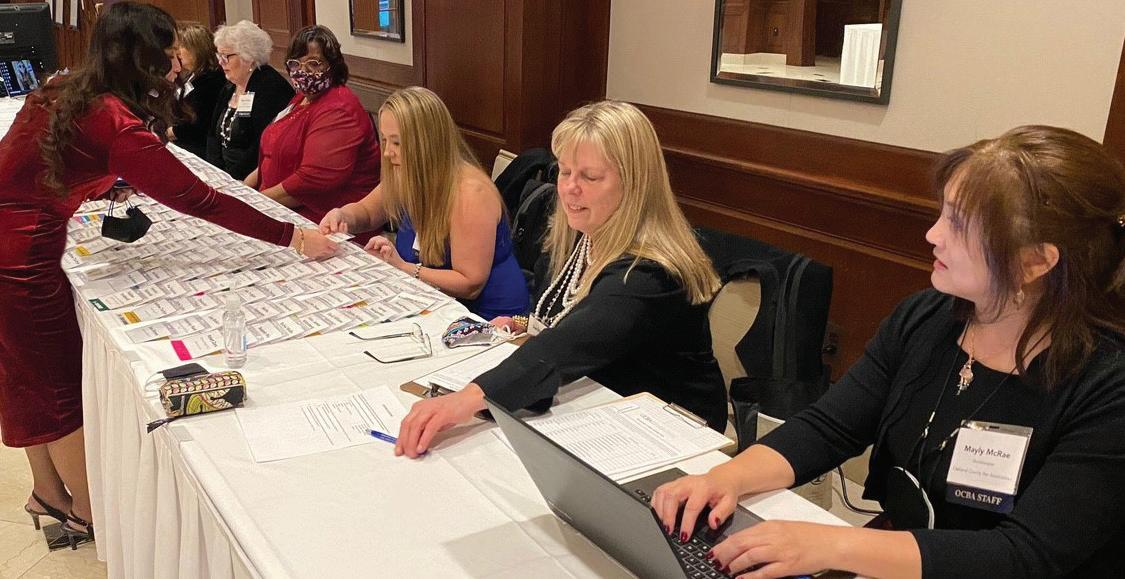
Executive Director
Jennifer Quick (jquick@ocba.org)
Deputy Director of Membership and Foundation
Katie Tillinger (ktillinger@ocba.org)
Finance Director
Susan Maczko (smaczko@ocba.org)
Professional Development Director
Shanay Cuthrell (scuthrell@ocba.org)
Marketing Communications Specialist
MB Cairns (mcairns@ocba.org)
Court Services Manager
Cristin Doble (cdoble@ocba.org)
Court Services Administrator
Kari Ross (kross@ocba.org)
Bookkeeper
Mayly McRae (mmcrae@ocba.org)
Public Services Administrator
Janise Thies (jthies@ocba.org)
Front Desk Administrator
Geni Fritch (reception@ocba.org)
Administrative Assistant
Lori Dec (ldec@ocba.org)
Unless otherwise indicated, please call (248) 334-3400 for assistance.
Address Changes
Billing
Board of Directors ....................................................
Mayly McRae
Susan Maczko
Jennifer Quick
Case Evaluator Applications ..............................................
Committees
District Court Case Evaluation
Event Photos
Finance
Inns of Court
Judicial Candidate Fora
Laches Magazine
Lawyer Referral Service – (248) 338-2100
Member Illness & Death Notification
Membership
New Lawyer Admissions
News Releases
Oakland County Bar Foundation
OCBA Mediation Service
OCBA Policies
Pro Bono Mentor Match Program
Professional Development/CLE
Room Rental Reservations
Speakers Bureau

Lorena V. Bejan
Kari Ross
Katie Tillinger
Kari Ross
MB Cairns
Susan Maczko
Shanay Cuthrell
Janise Thies
Jennifer Quick
Janise Thies
Katie Tillinger
Katie Tillinger
Katie Tillinger
MB Cairns
Katie Tillinger
Cristin Doble
Jennifer Quick
Janise Thies
Shanay Cuthrell
Geni Fritch
Janise Thies
Volunteer Opportunities ...............................................
Website
Janise Thies
Jennifer Quick
Cloie Chidiac
Wendy Cooper
Tanisha M. Davis
Jake Walker Hendricks
Matthew High
Martin A. Hogg
Robert Matthew Horwitz
Julie Ann Hubbard
Dawn M. King
Elizabeth King
Margaret Lindauer
Colin McLaughlin
Michael R. Nye
Jamerika LaKarveay
Ramsey
Yassmen Sobh
Justin M. Thomas
Zachary S. Trosch
Paul D. Weisberger
By Lisa R. Bremus
1. Actor Reynolds
5. __ Trial for elementary schools
9. Acknowledgment of fault: mea __
10. Mistake
12. Judicial Candidate __
13. Deny
15. French article
16. Make lace
18. Portuguese egg
19. Nutrition info
20. Computer message board admin
22. Actor Reginald __Johnson
23. __ Law Conference for teens
25. Free services provided “for the public good” (2 wds.)
27. Mythological bird of prey
29. Wily
30. Extension of an existing contract
34. Lawful
38. The __ of Pooh
39. Belonging to Capt. Hook’s first mate
41. Baseball stat
42. Time zone, briefly
43. Slippery fish
44. Assist
45. __ Law Day provides info on estates and trusts
48. Mixes
51. Actress Vergara
52. Speak formally
53. Last __ and testament
54. Moistens
DOWN
1. Military Veterans Speakers __
2. Hawaiian breadfruit
3. Vinyl record speed (abbr.)
4. Delicious
5. Experts to guide you in your law career
6. Singer Rita
7. Weep
8. Pristina location
9. Residence type
11. Poe’s bird
12. Rage
14. Carpe diem, briefly
17. Cleopatra’s snake
20. Displays
21. Surveys
24. Three in Torino
26. Farewell
28. Relating to a judicial chamber
30. Hwys.
31. Relieves
32. Later (2 wds.)
33. Director Daniels
35. Funds awarded by the OCBF
36. Comply
37. Covers
40. Funny bone location
46. “__ __ Ain’t Got You” by Alicia Keys (2 wds.)
47. Fossil fuel
49. OCBA committee (abbr.)
50. Dine
Answers can be found at ocba.org/laches.

